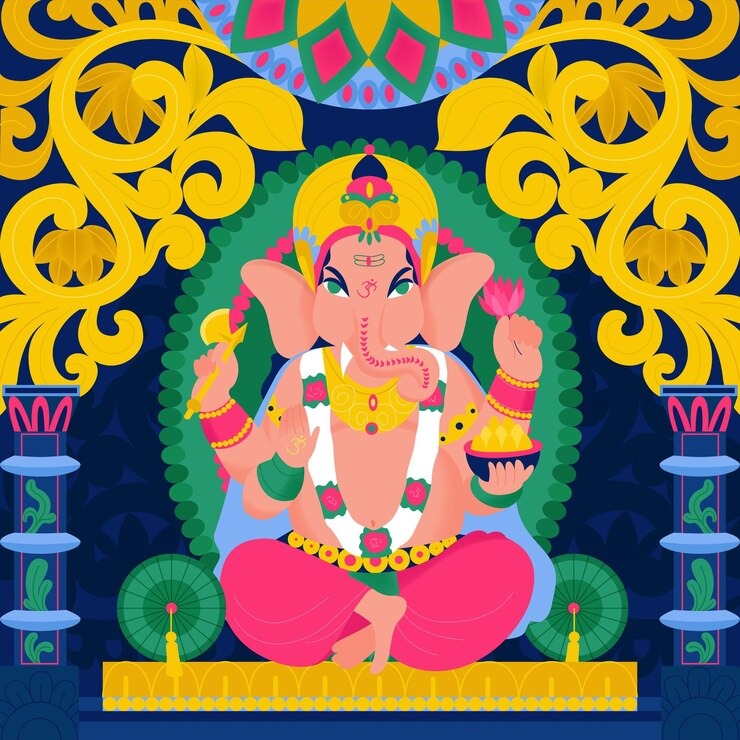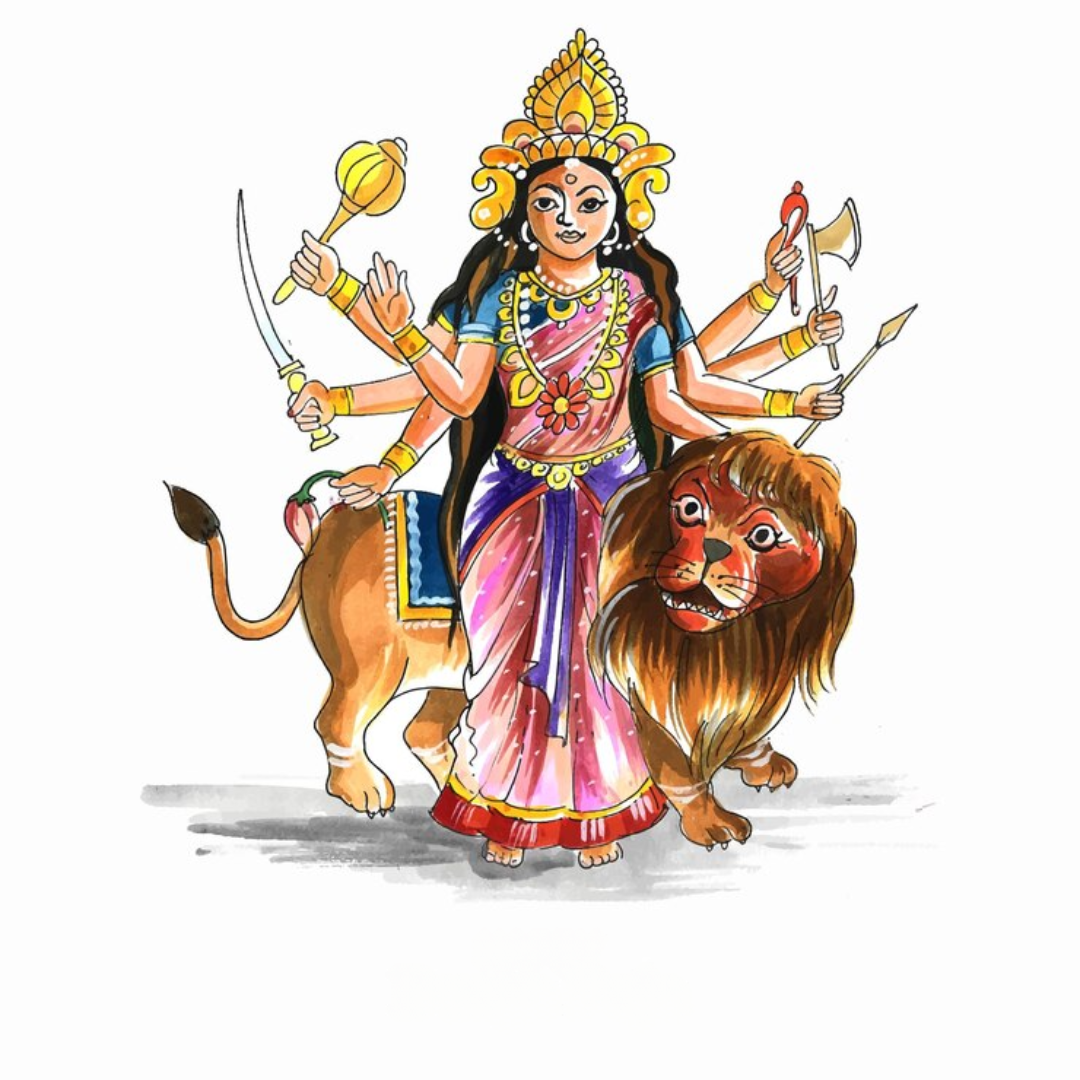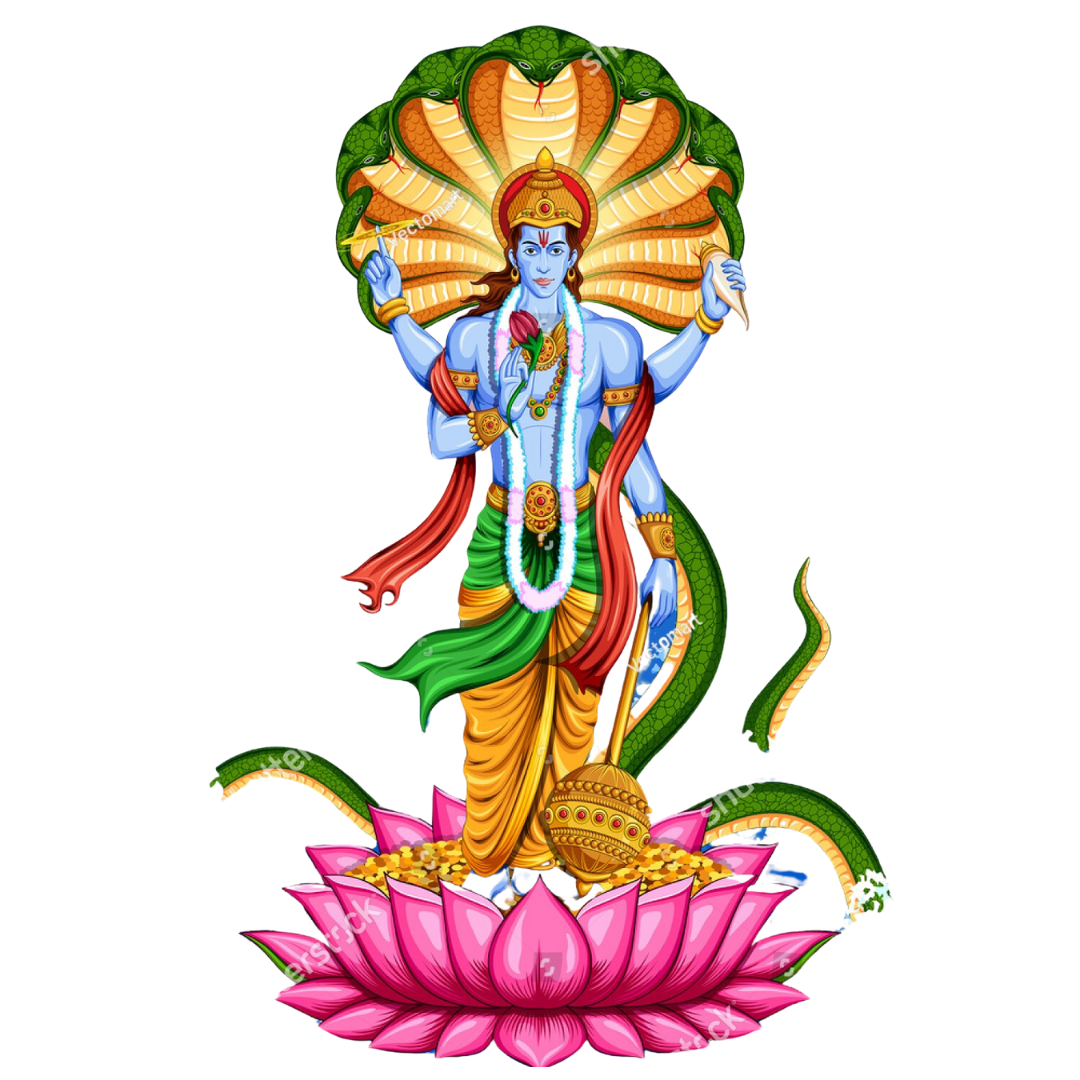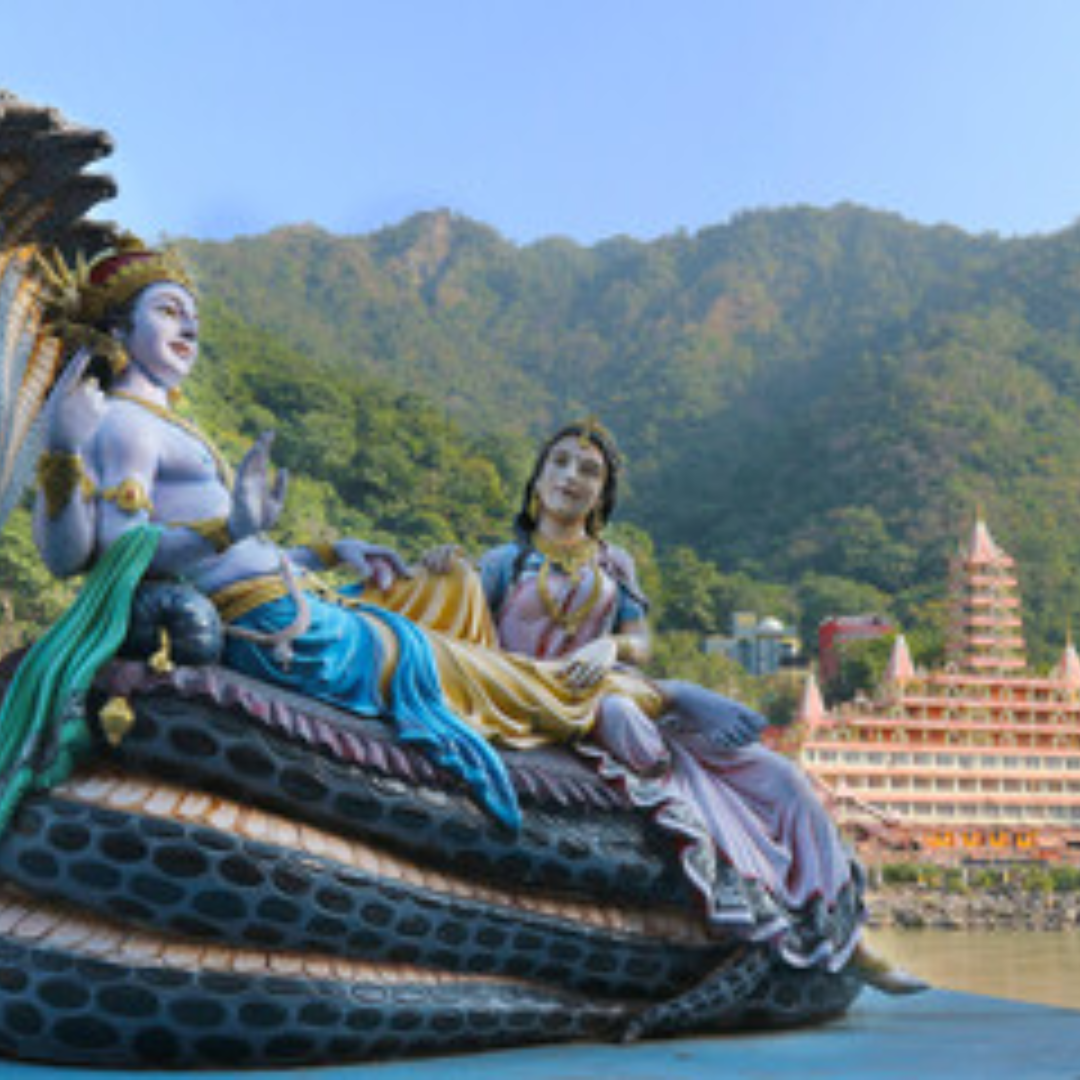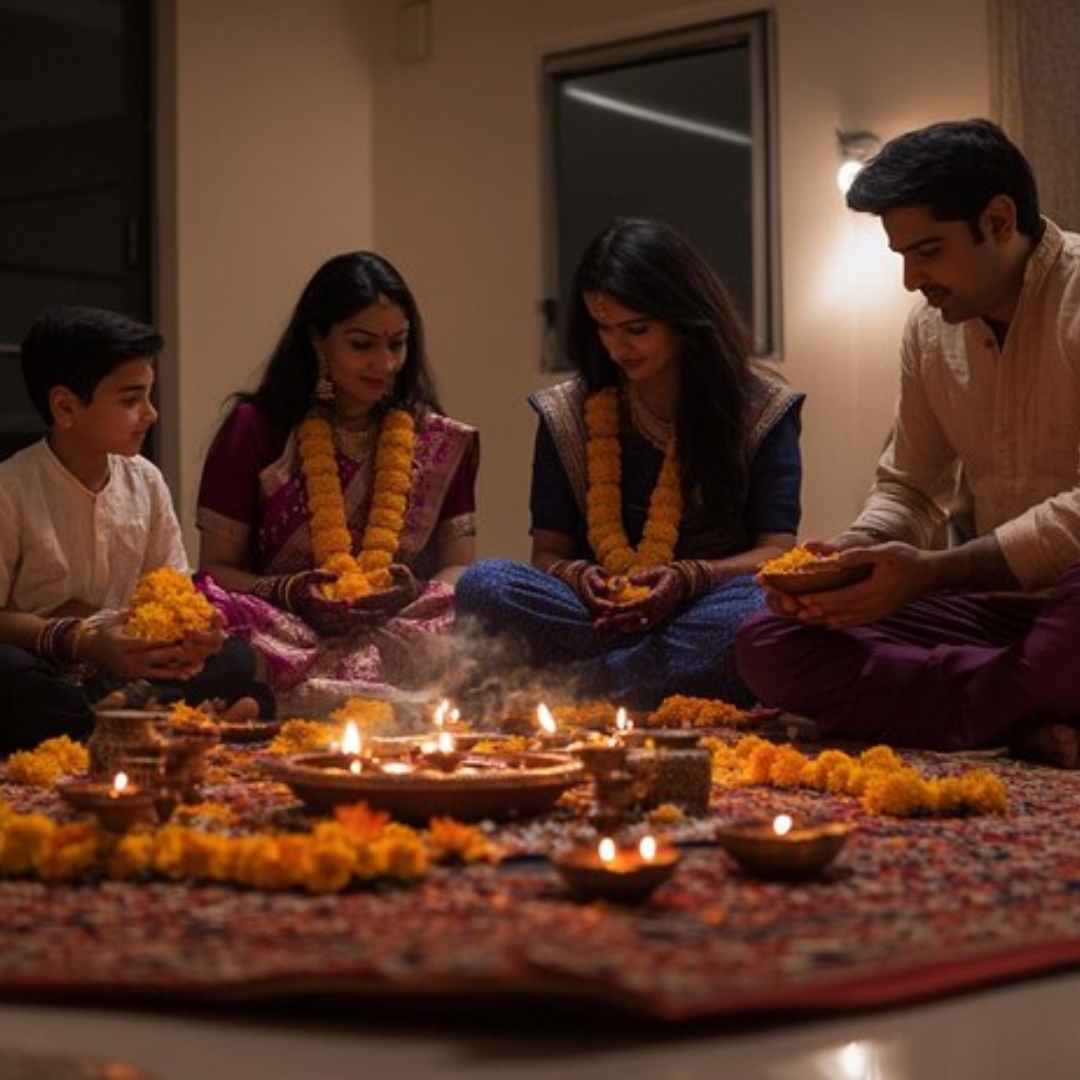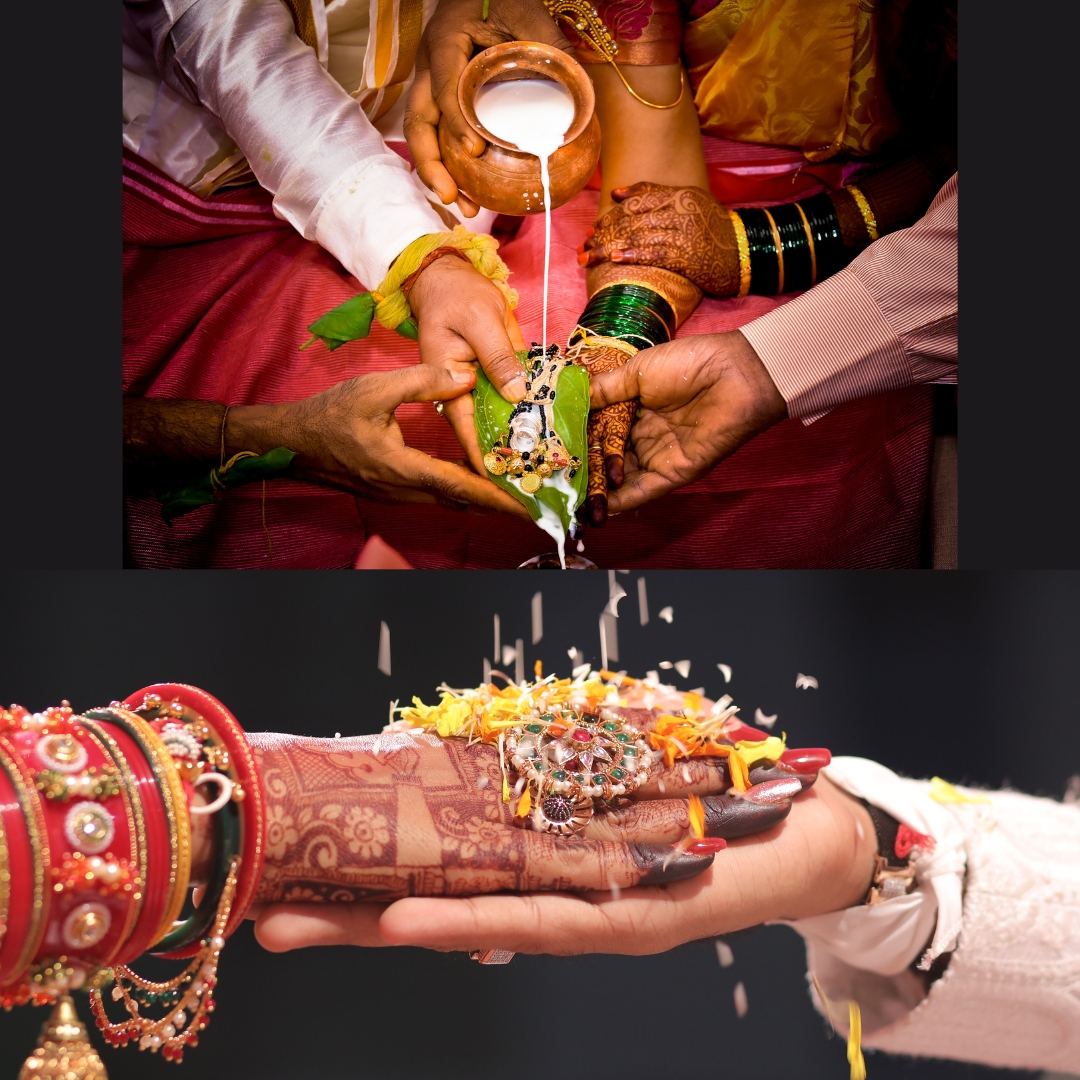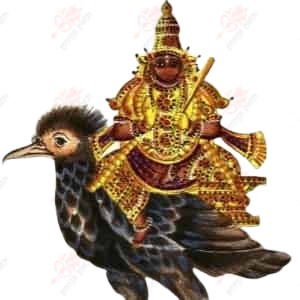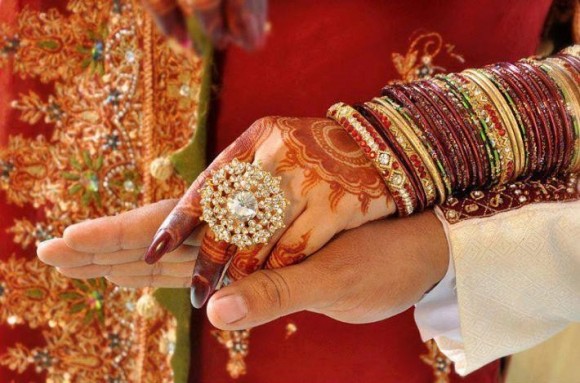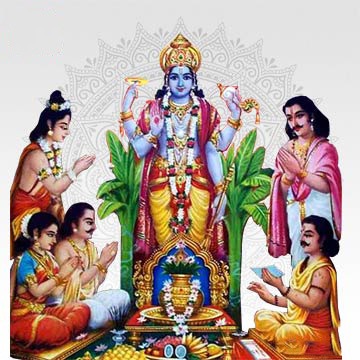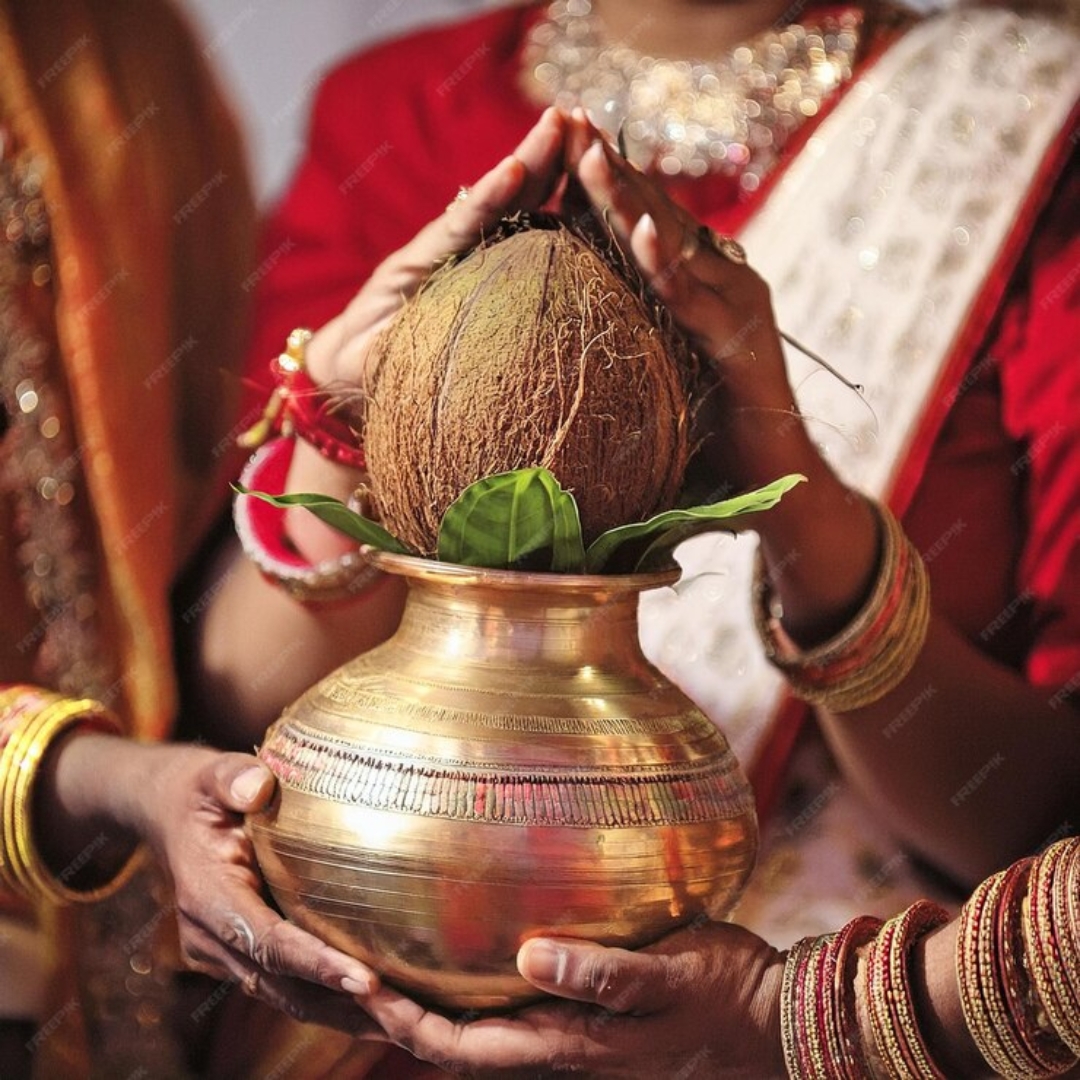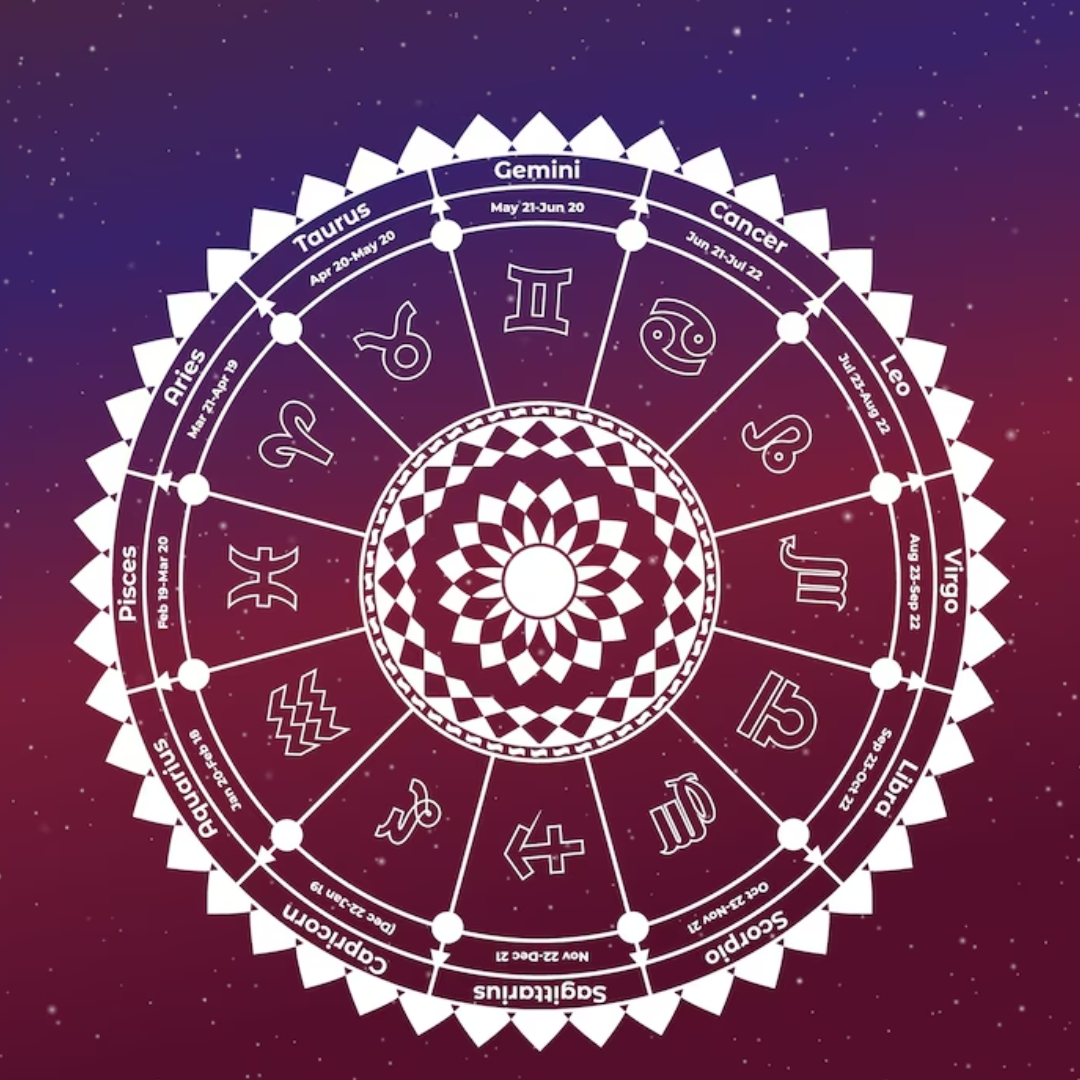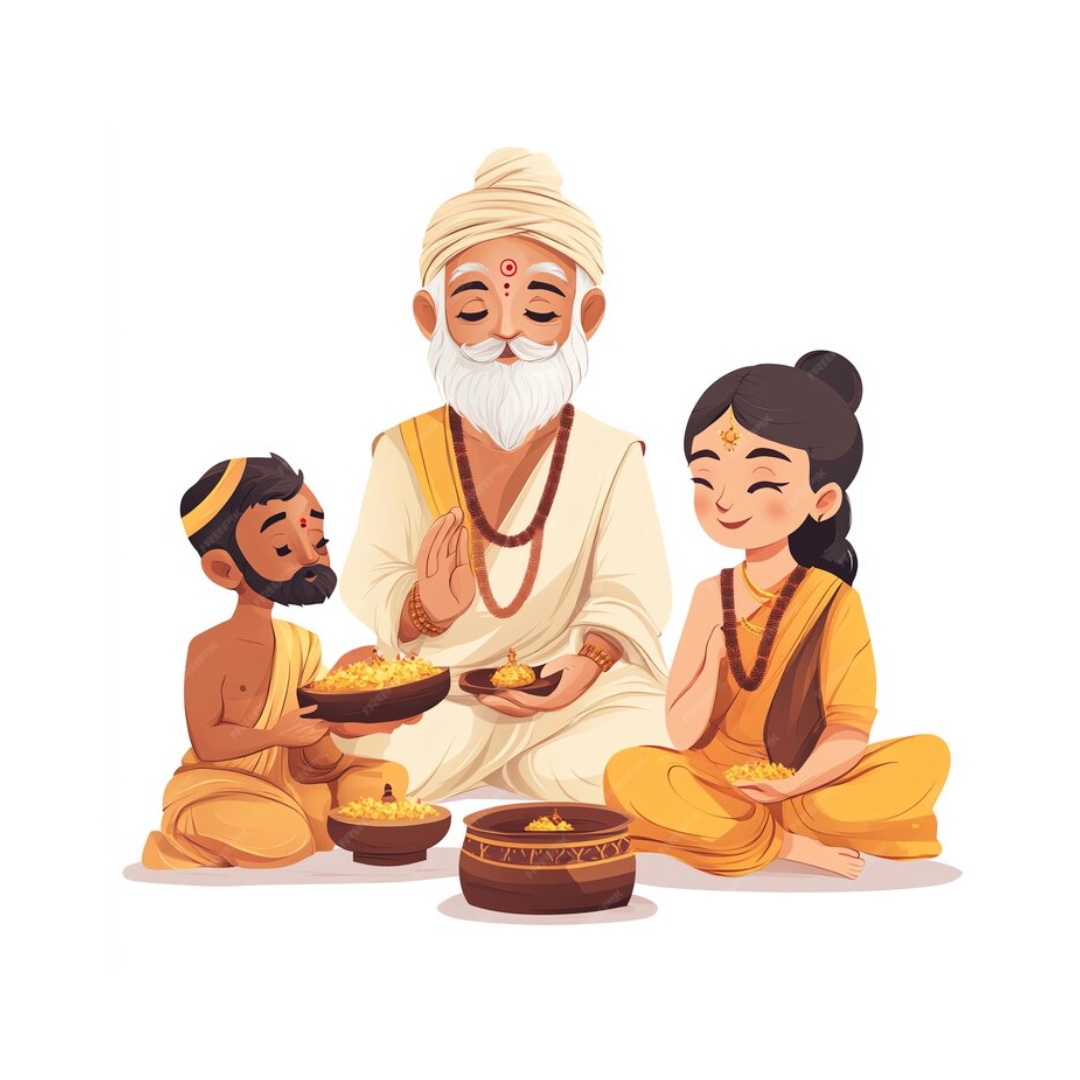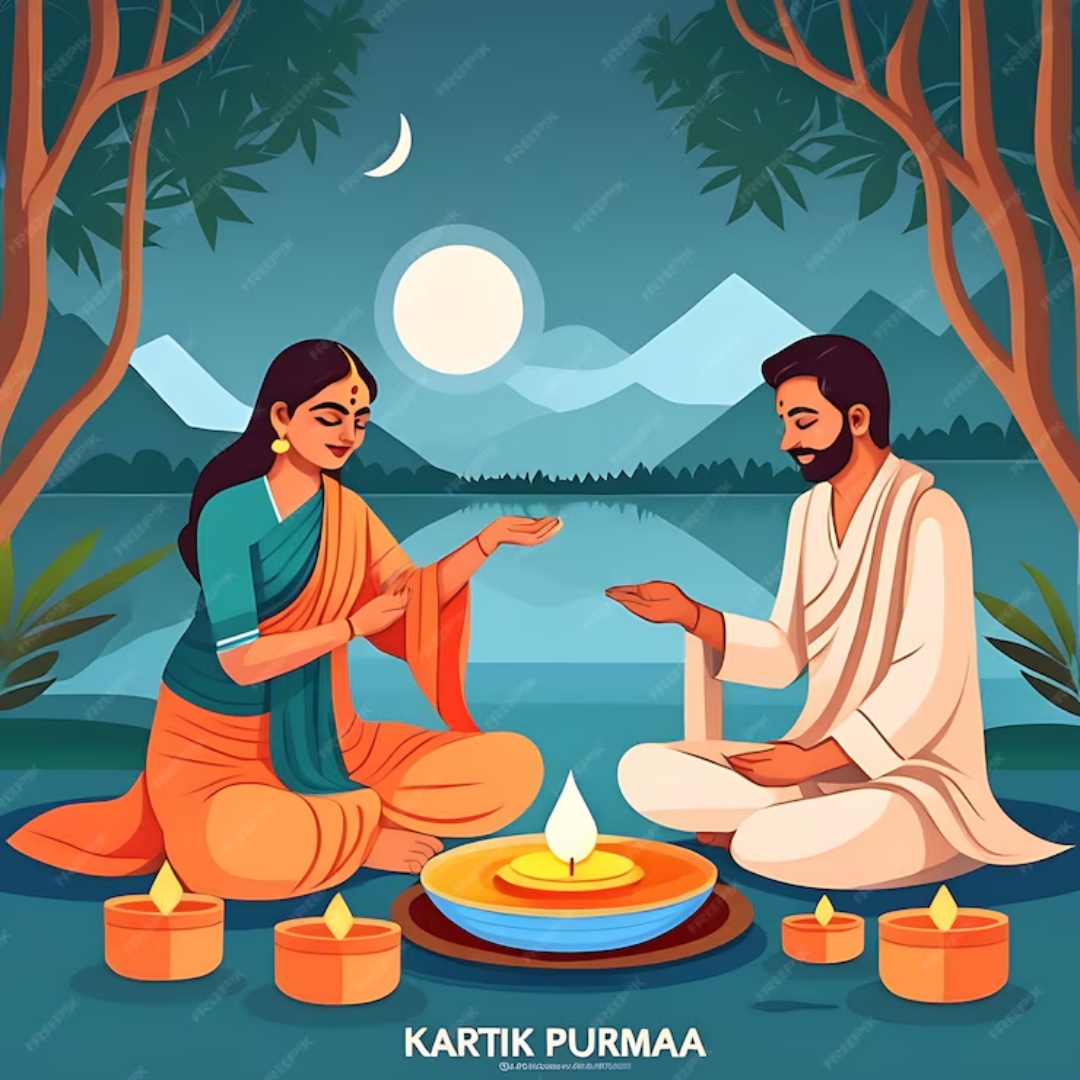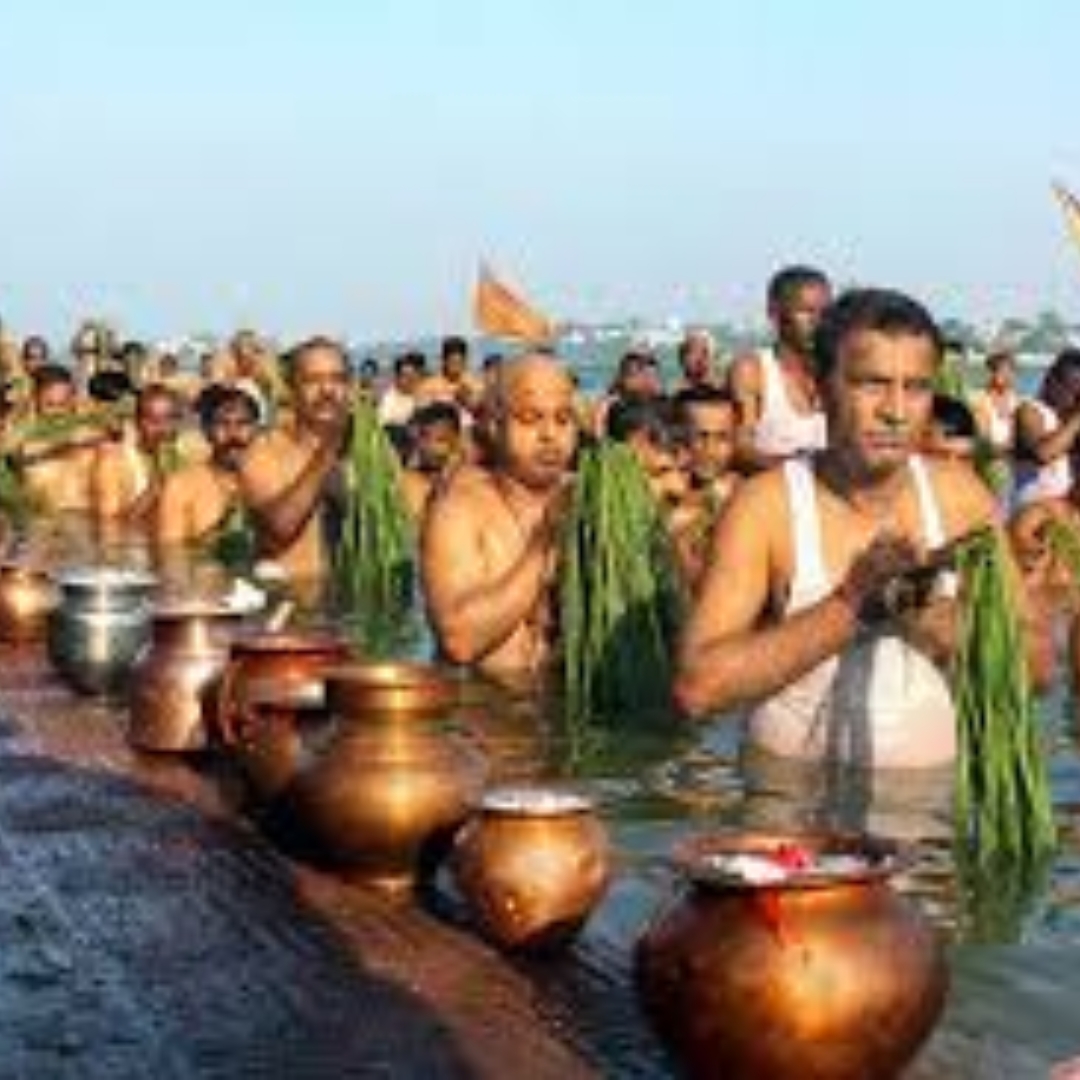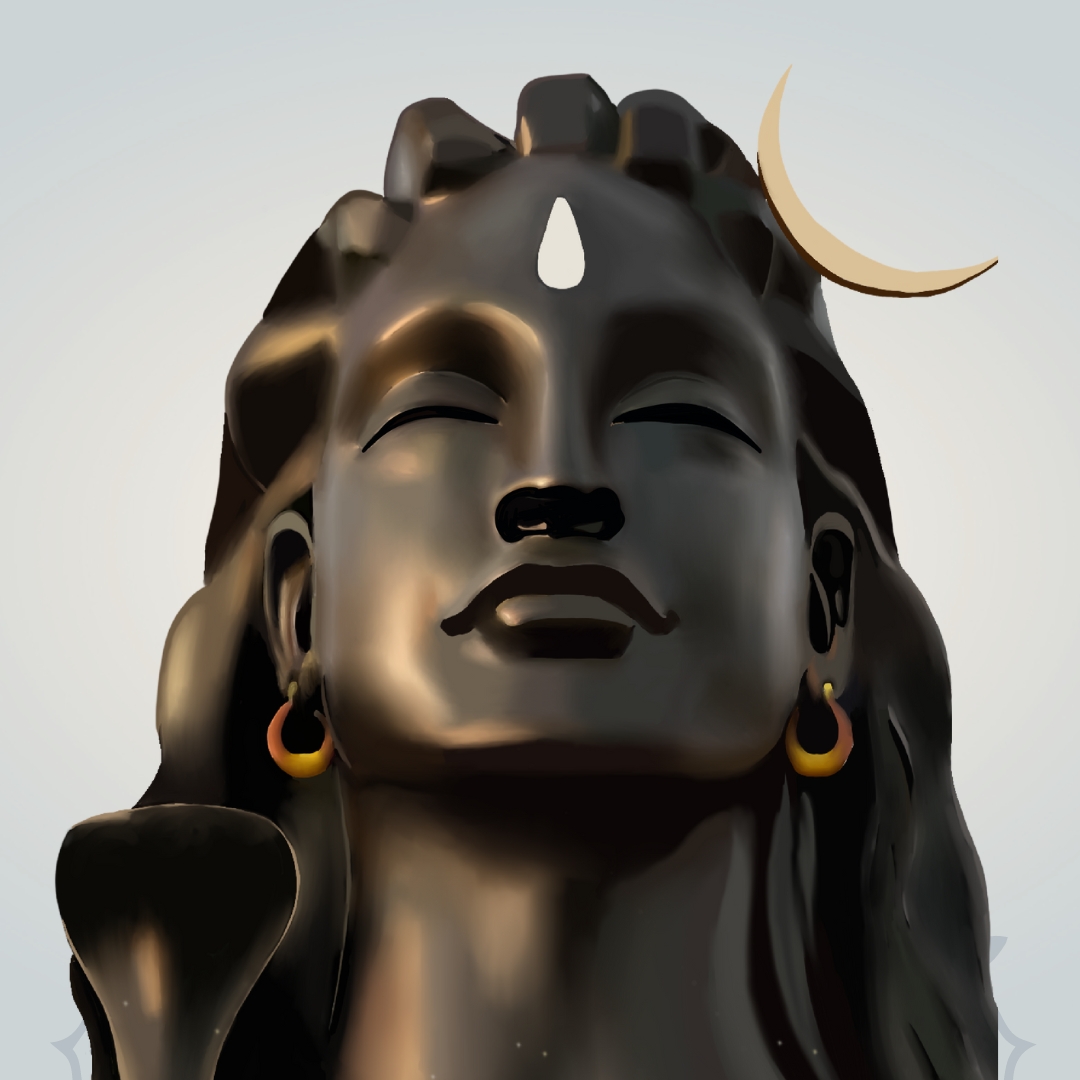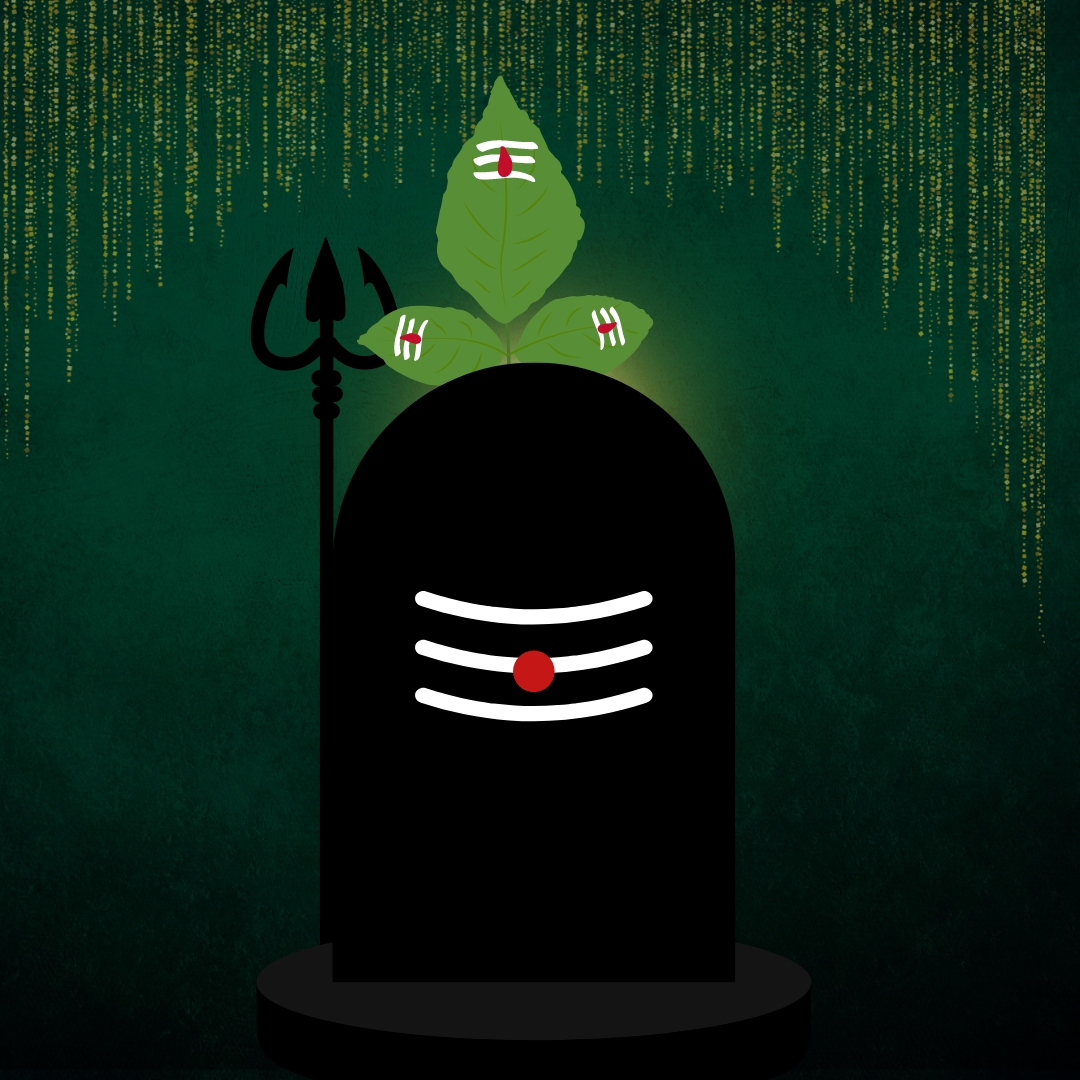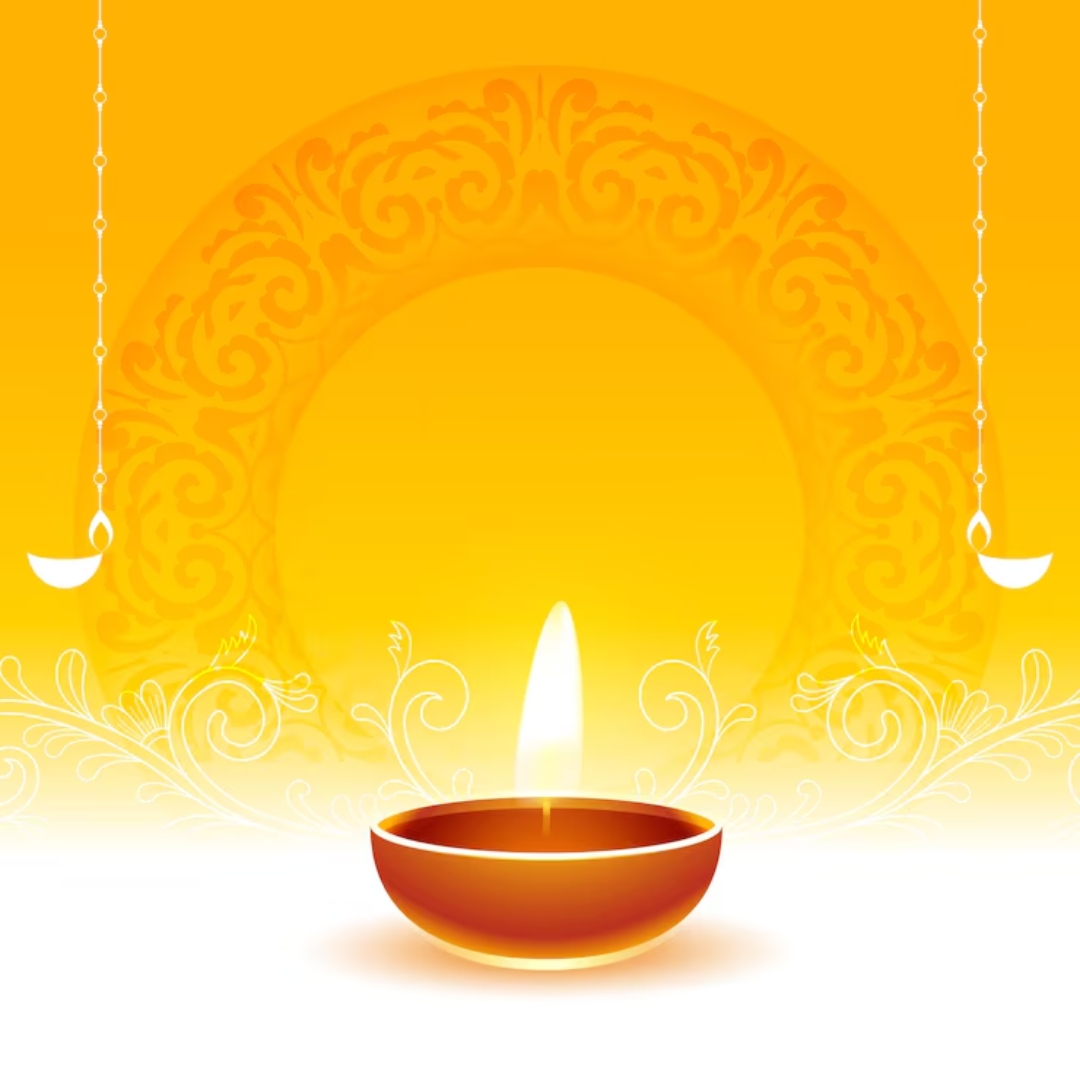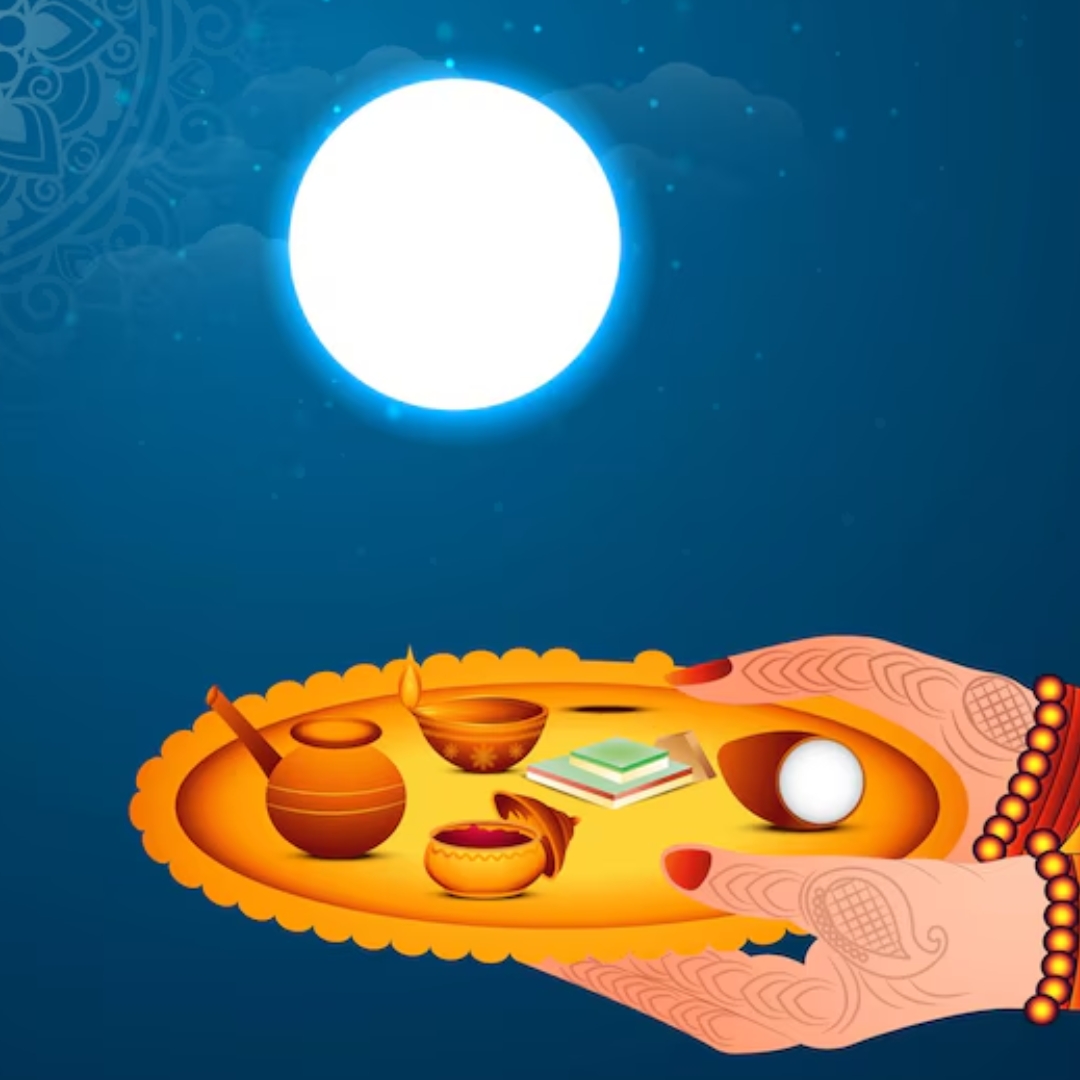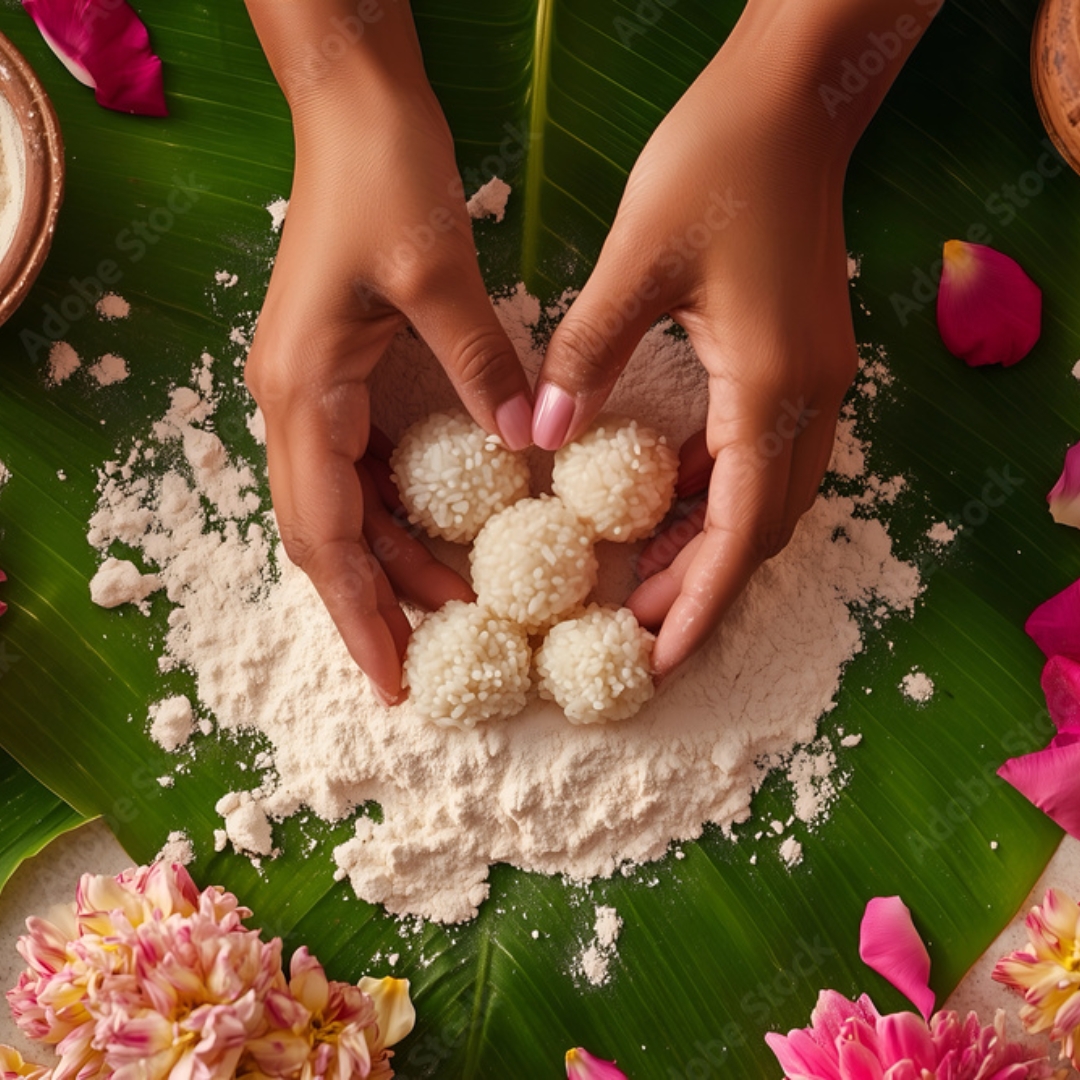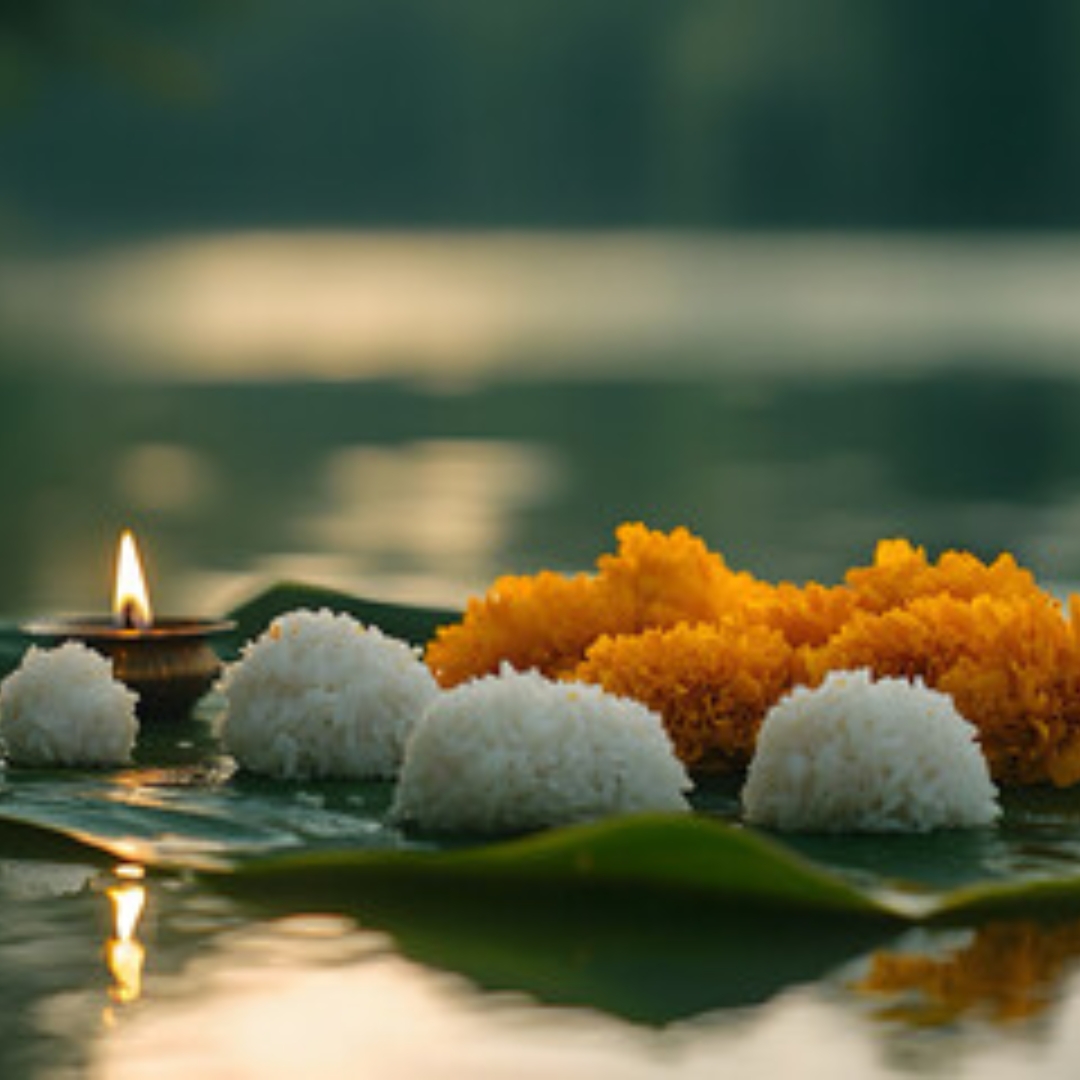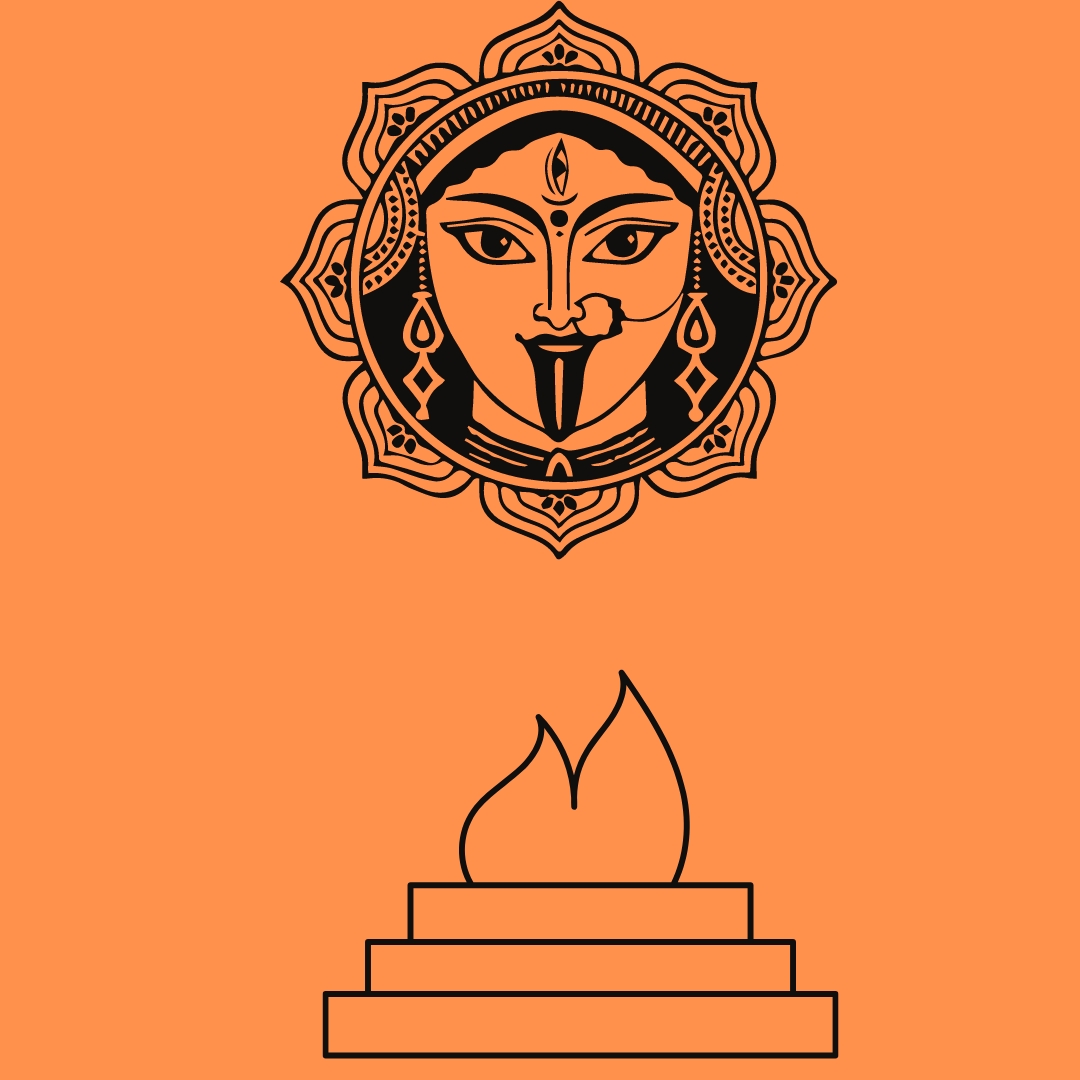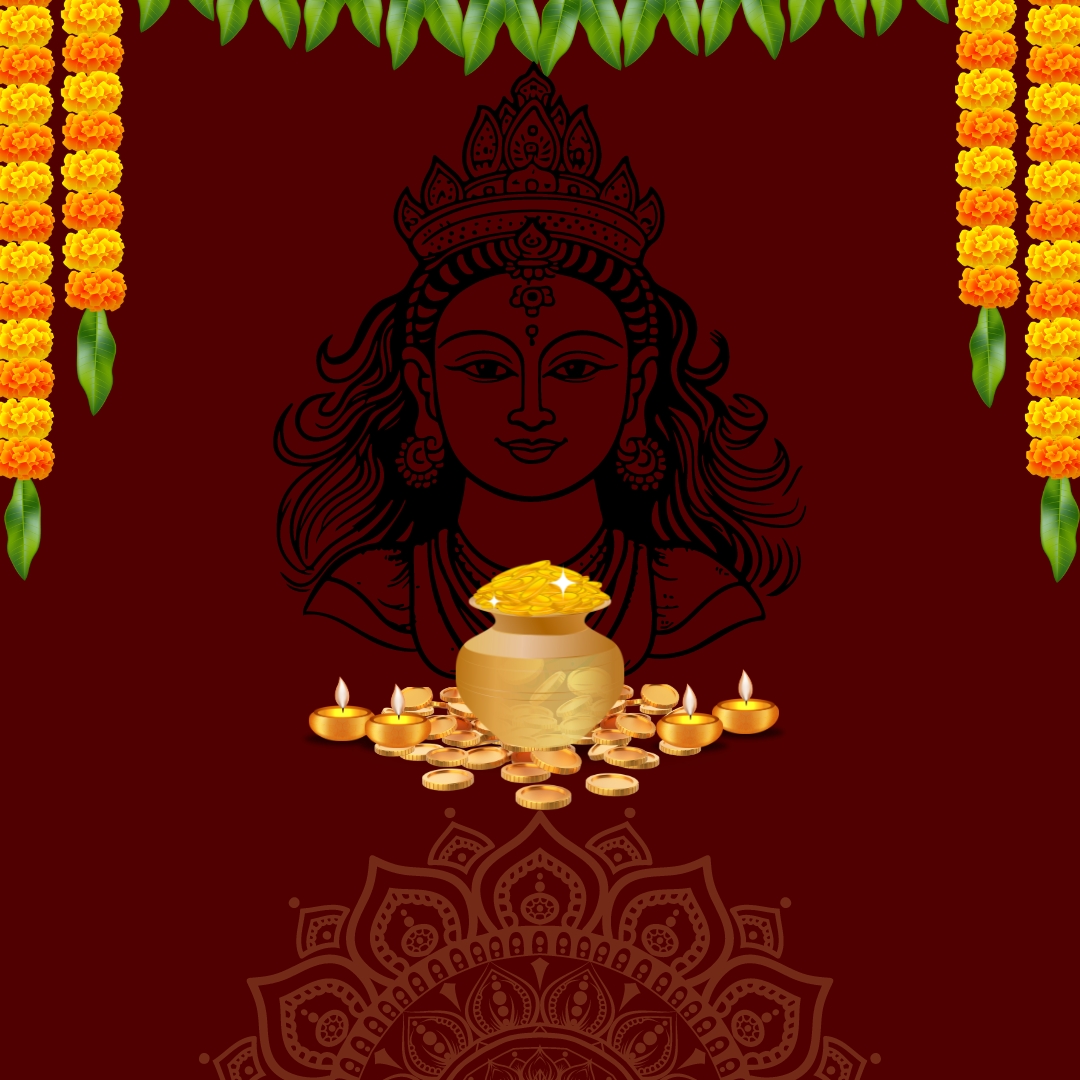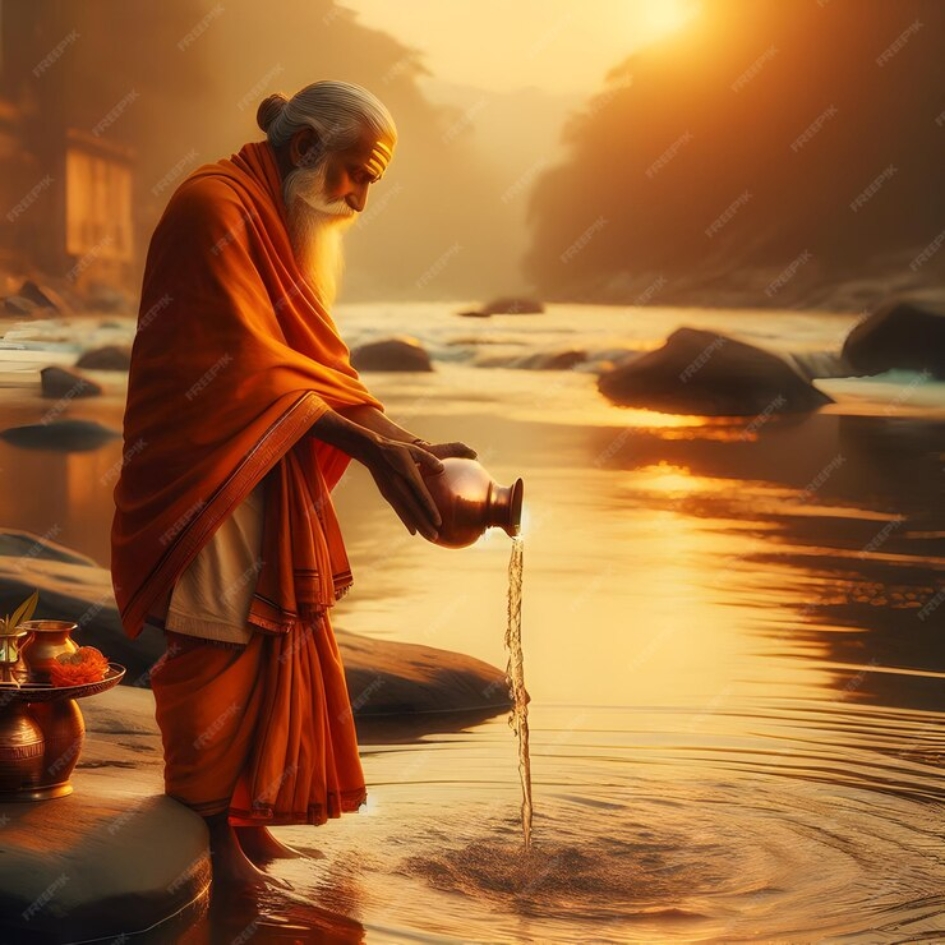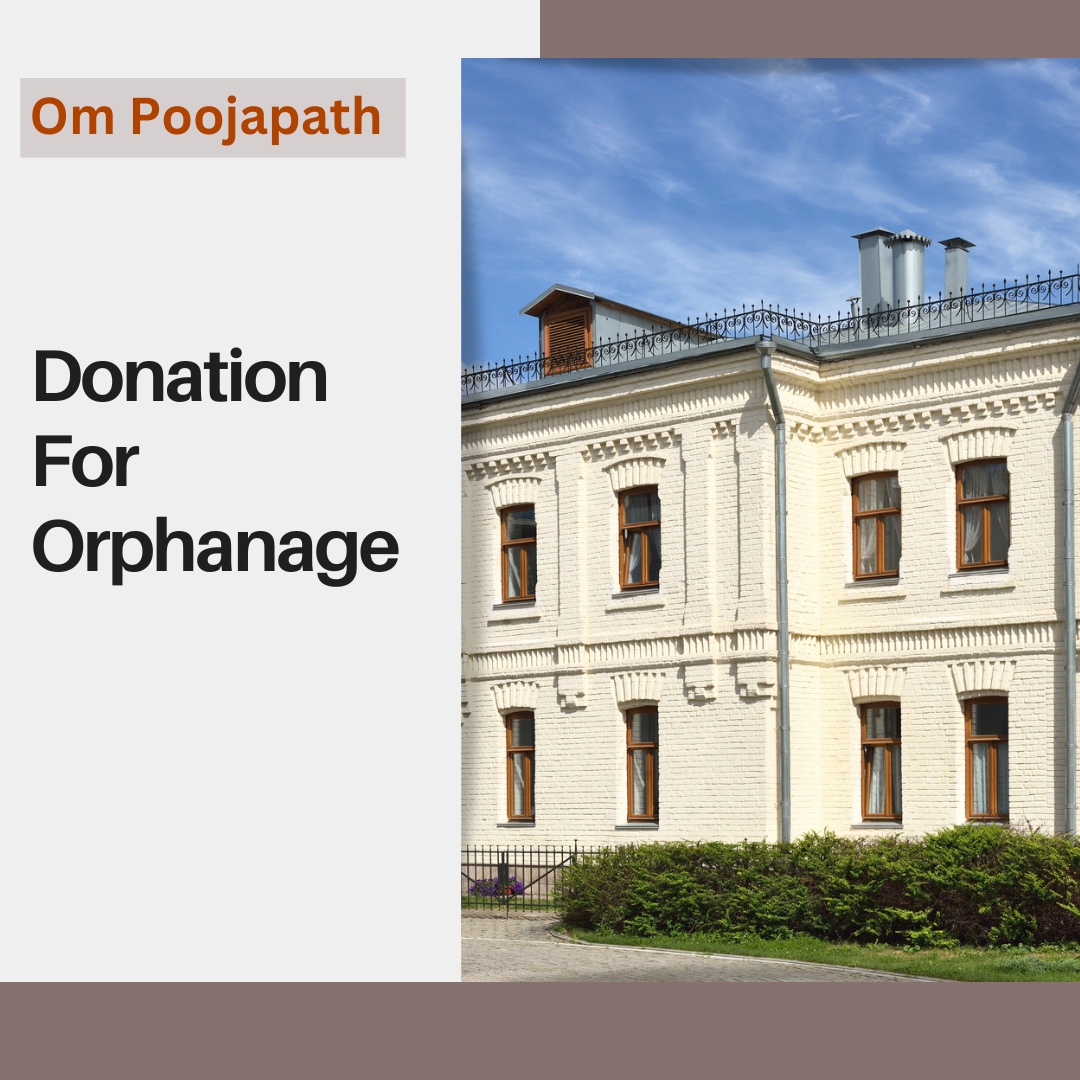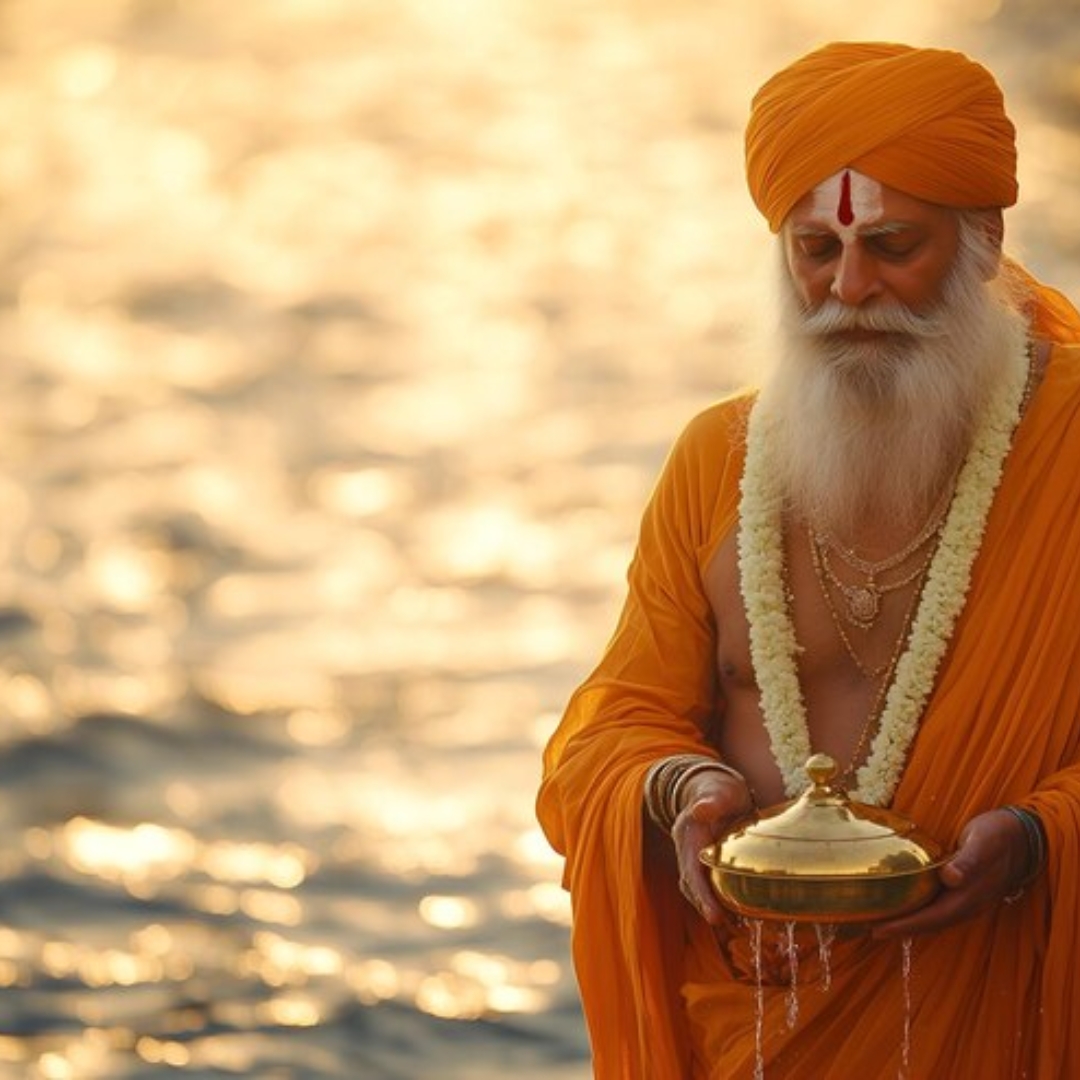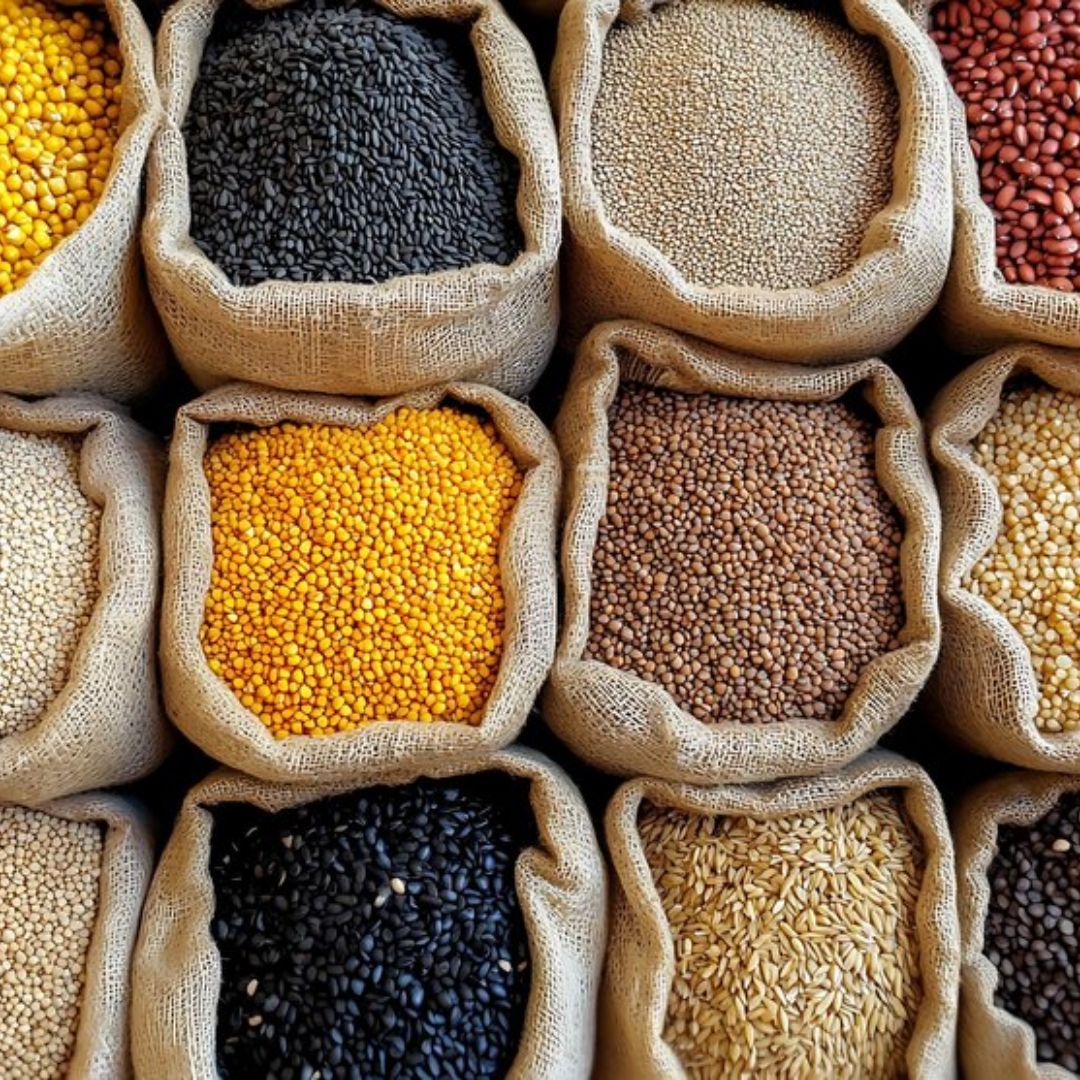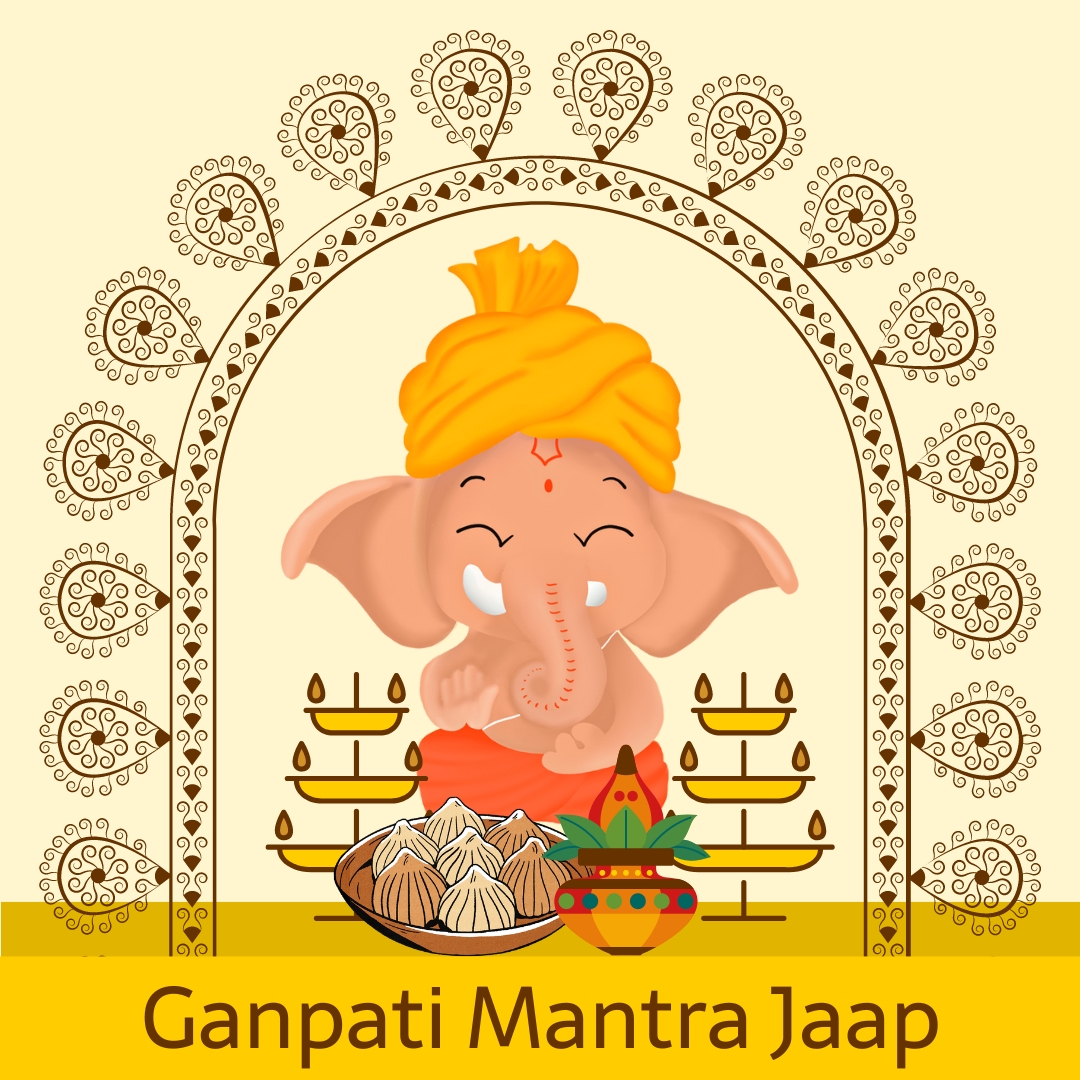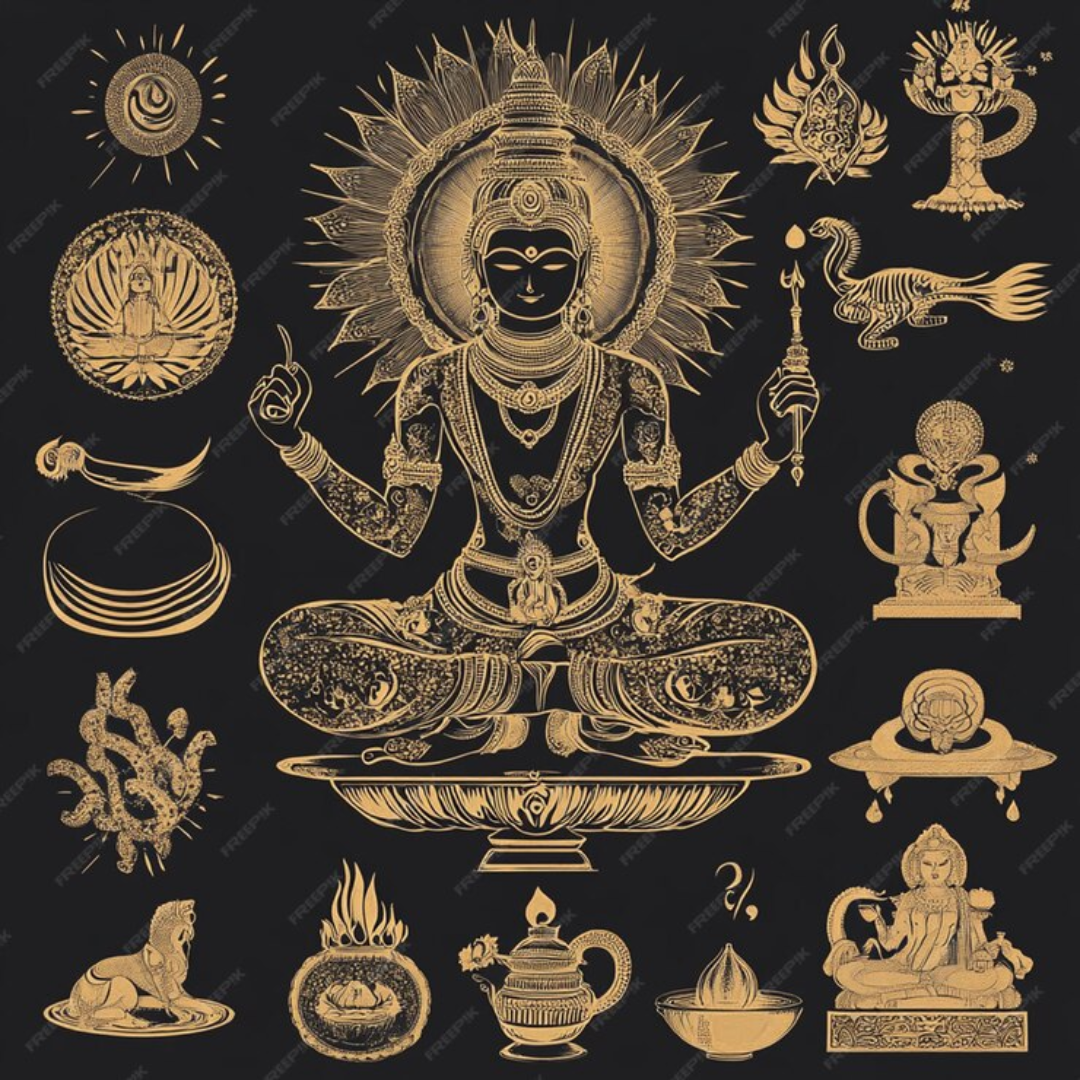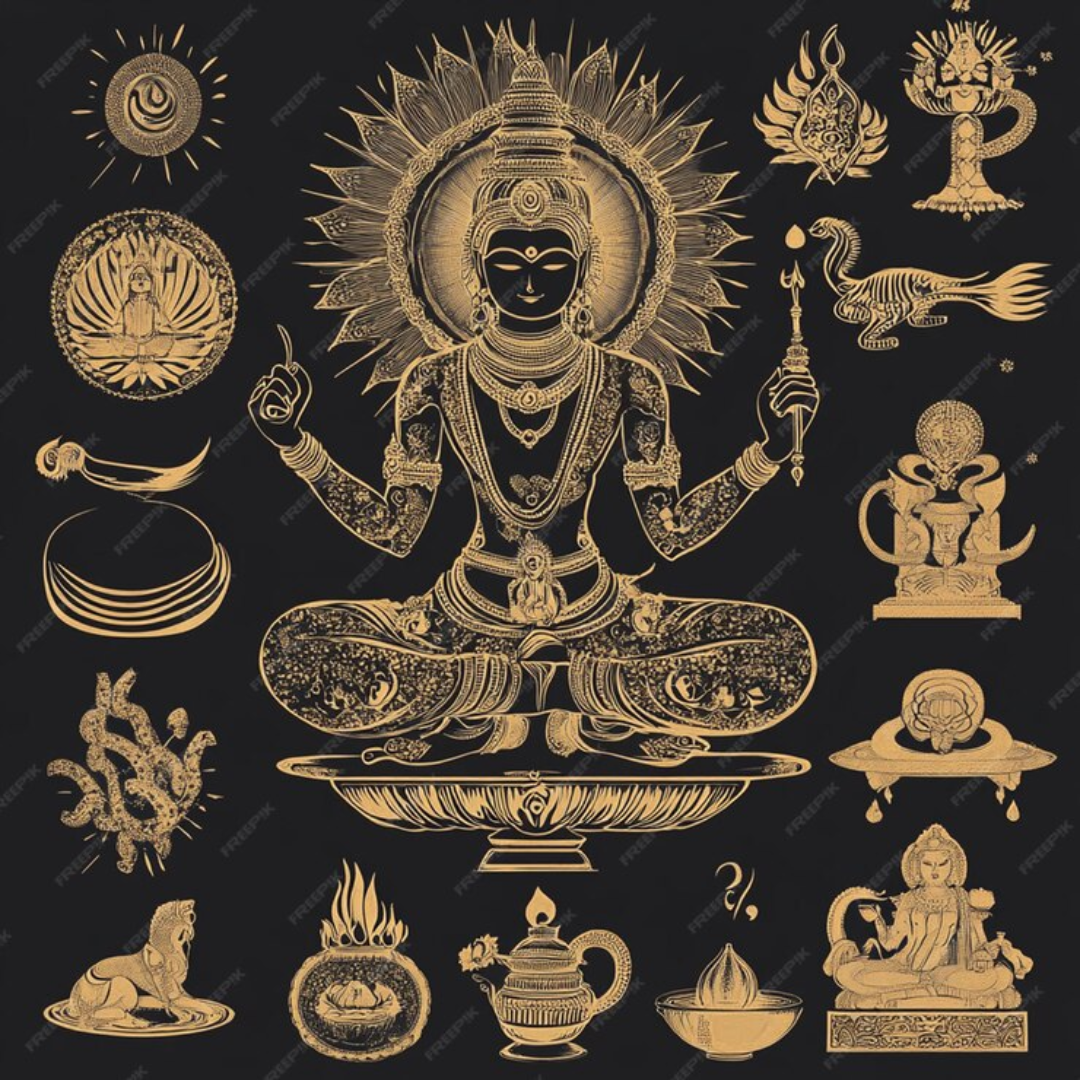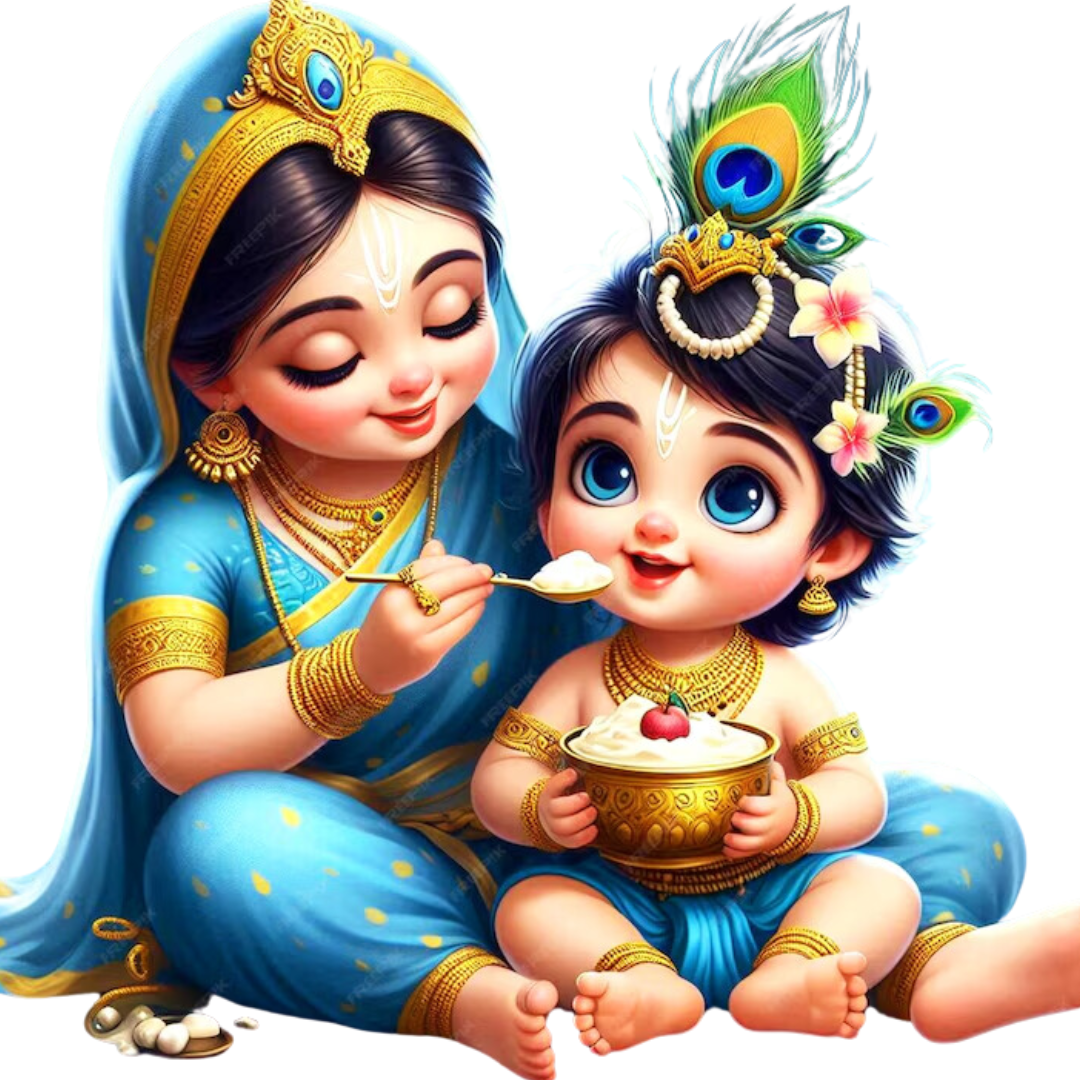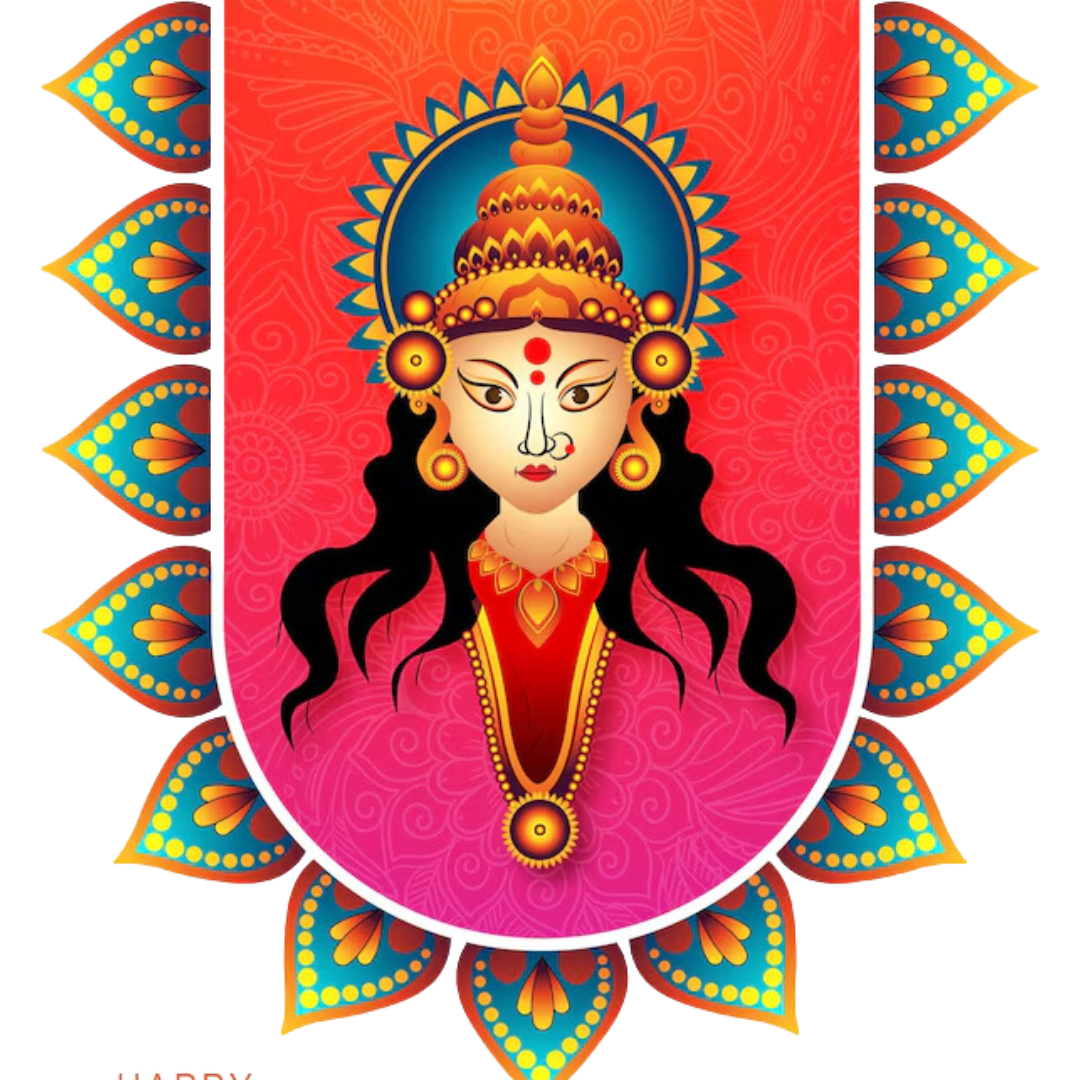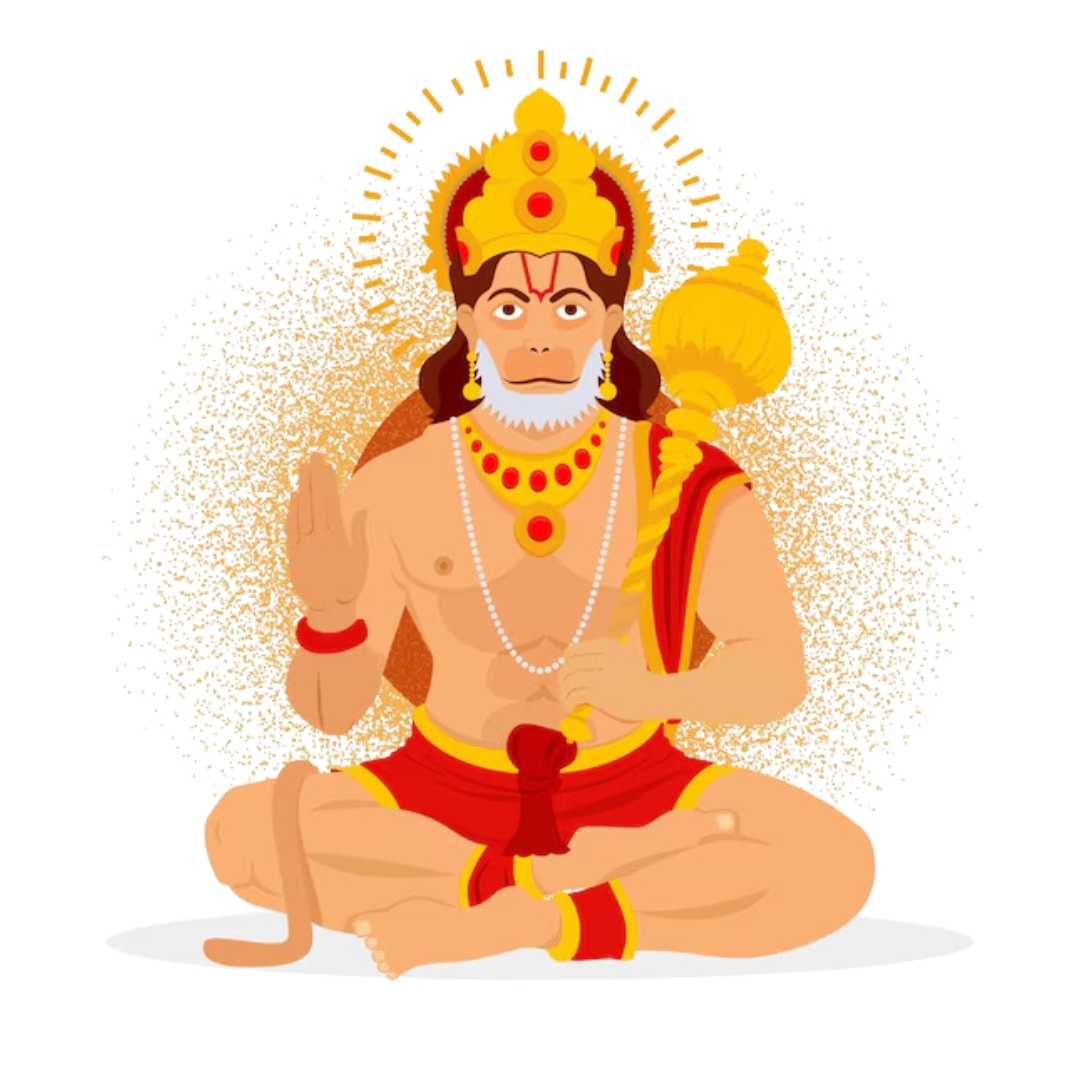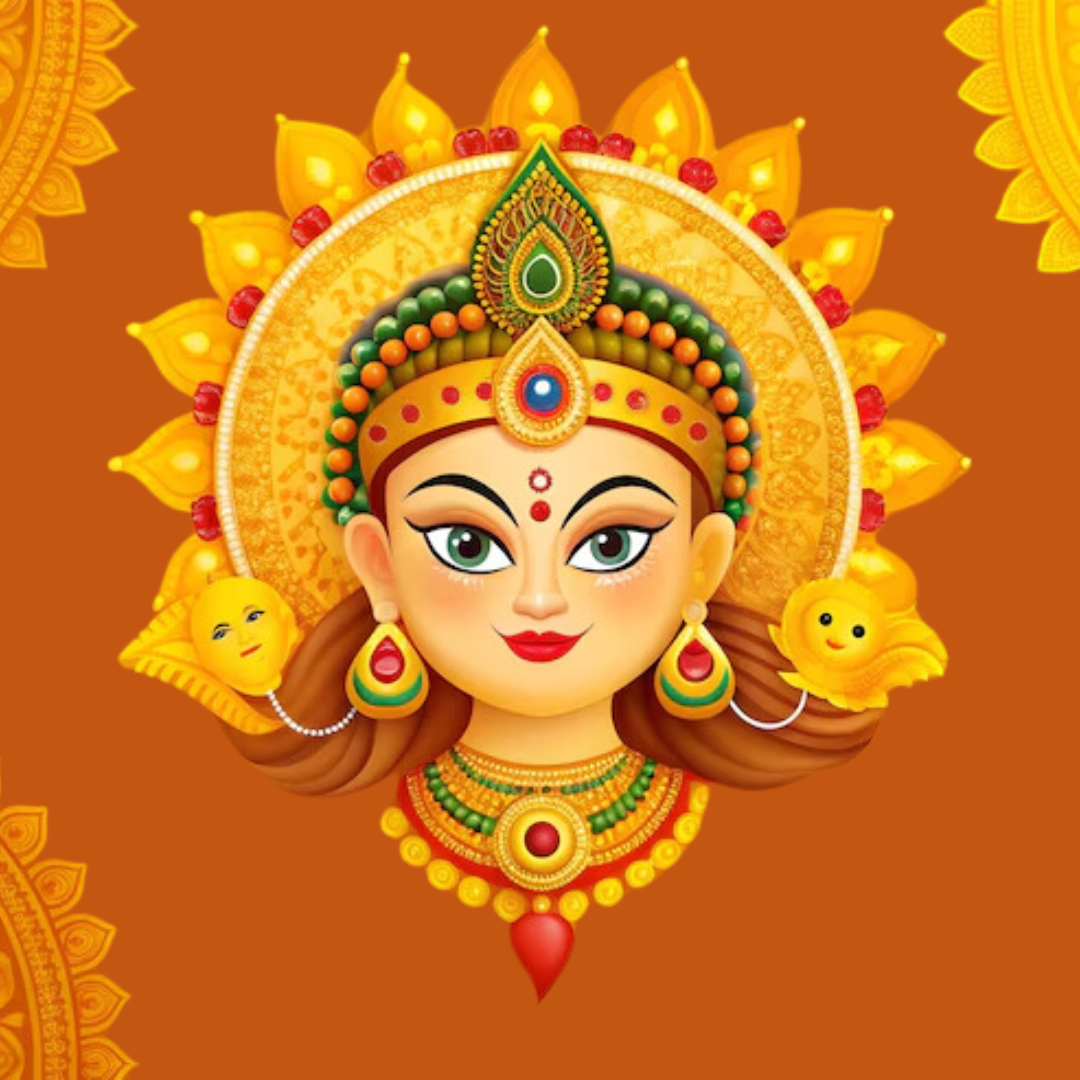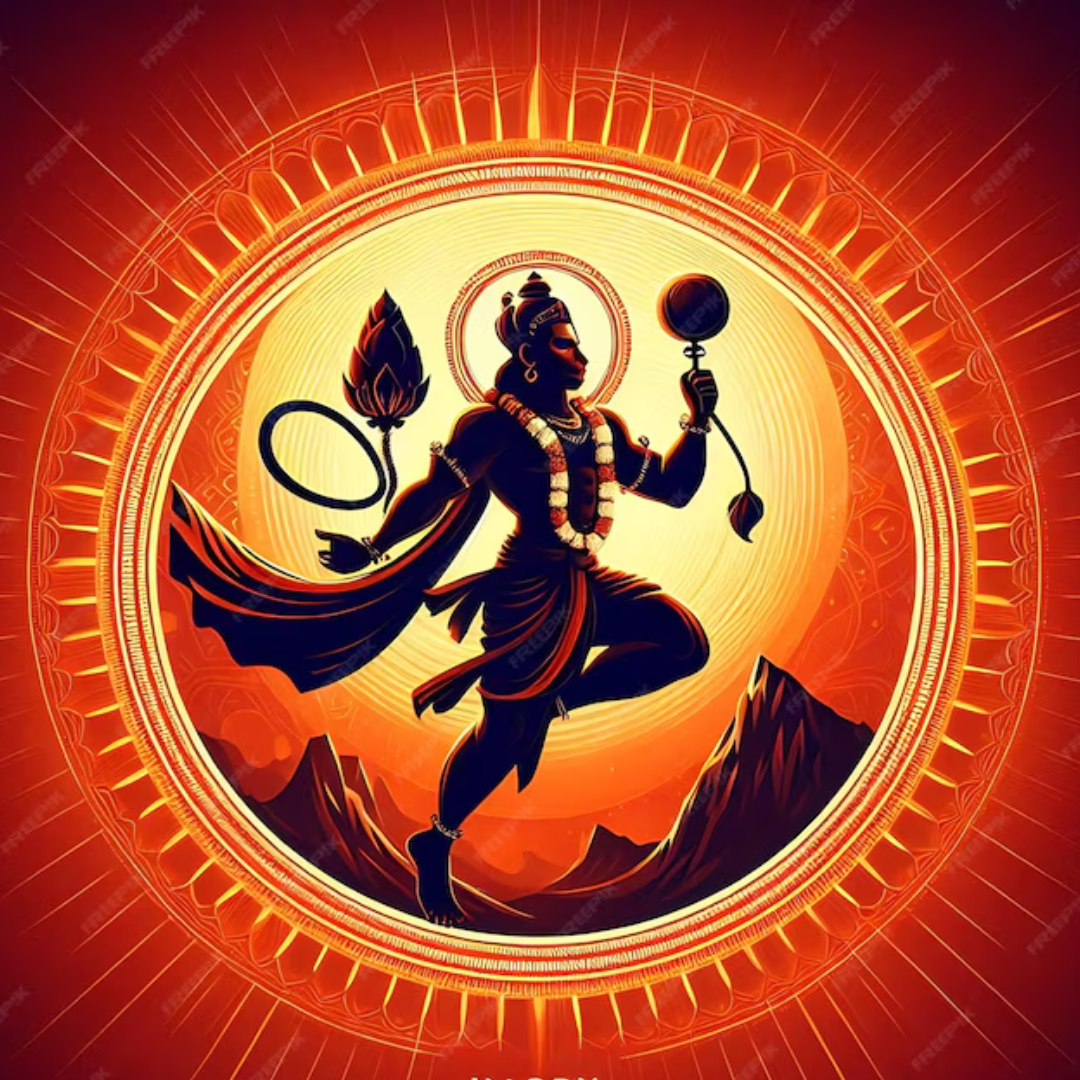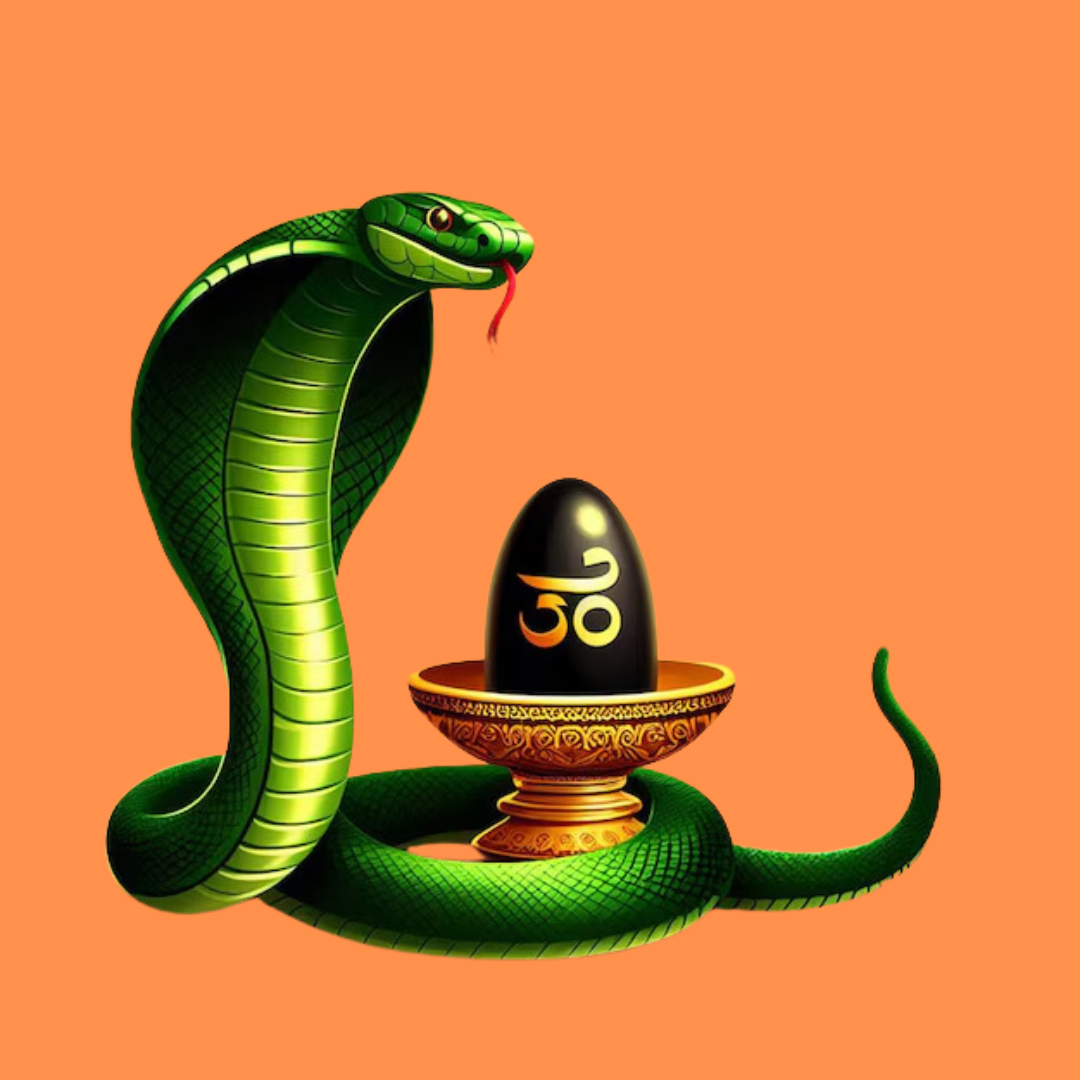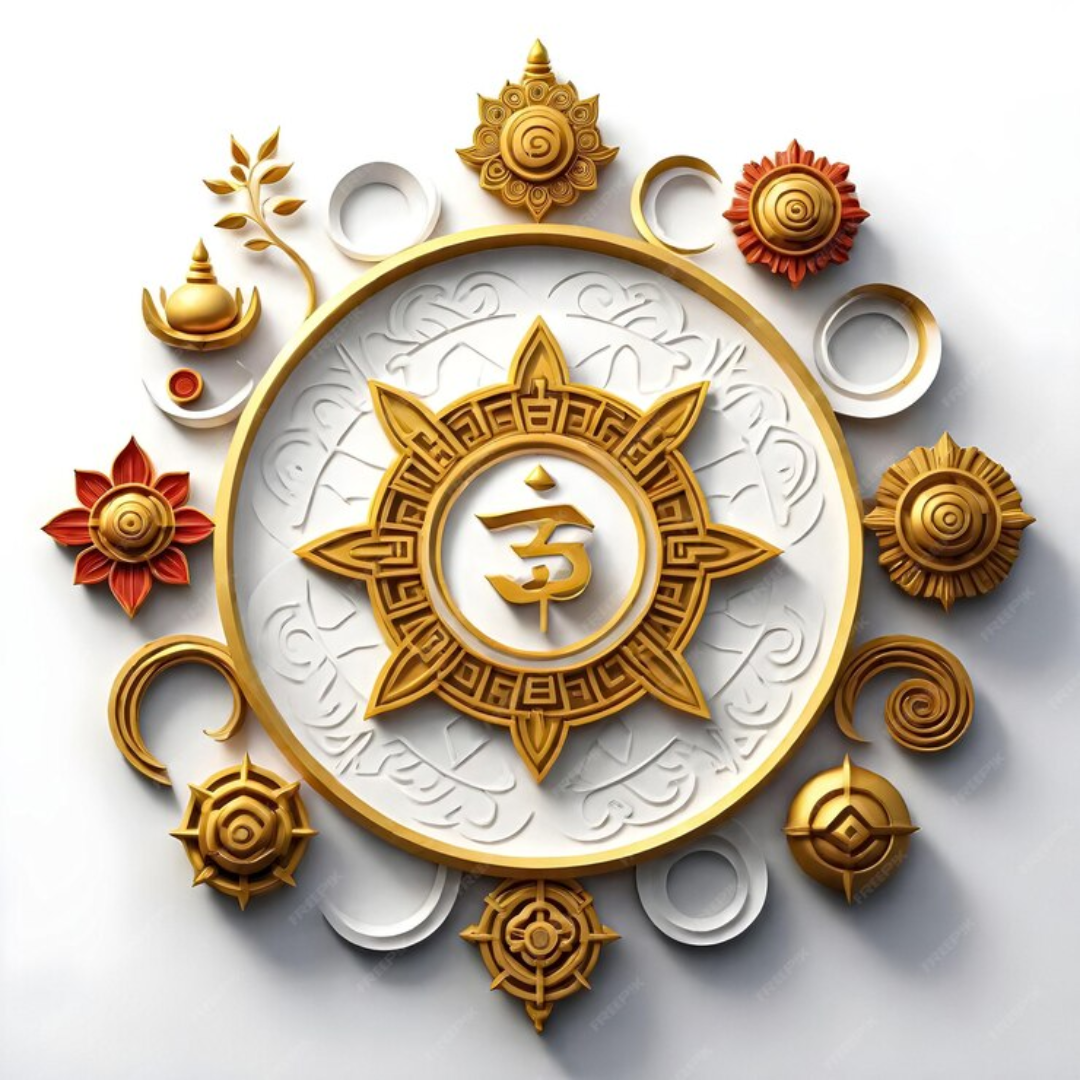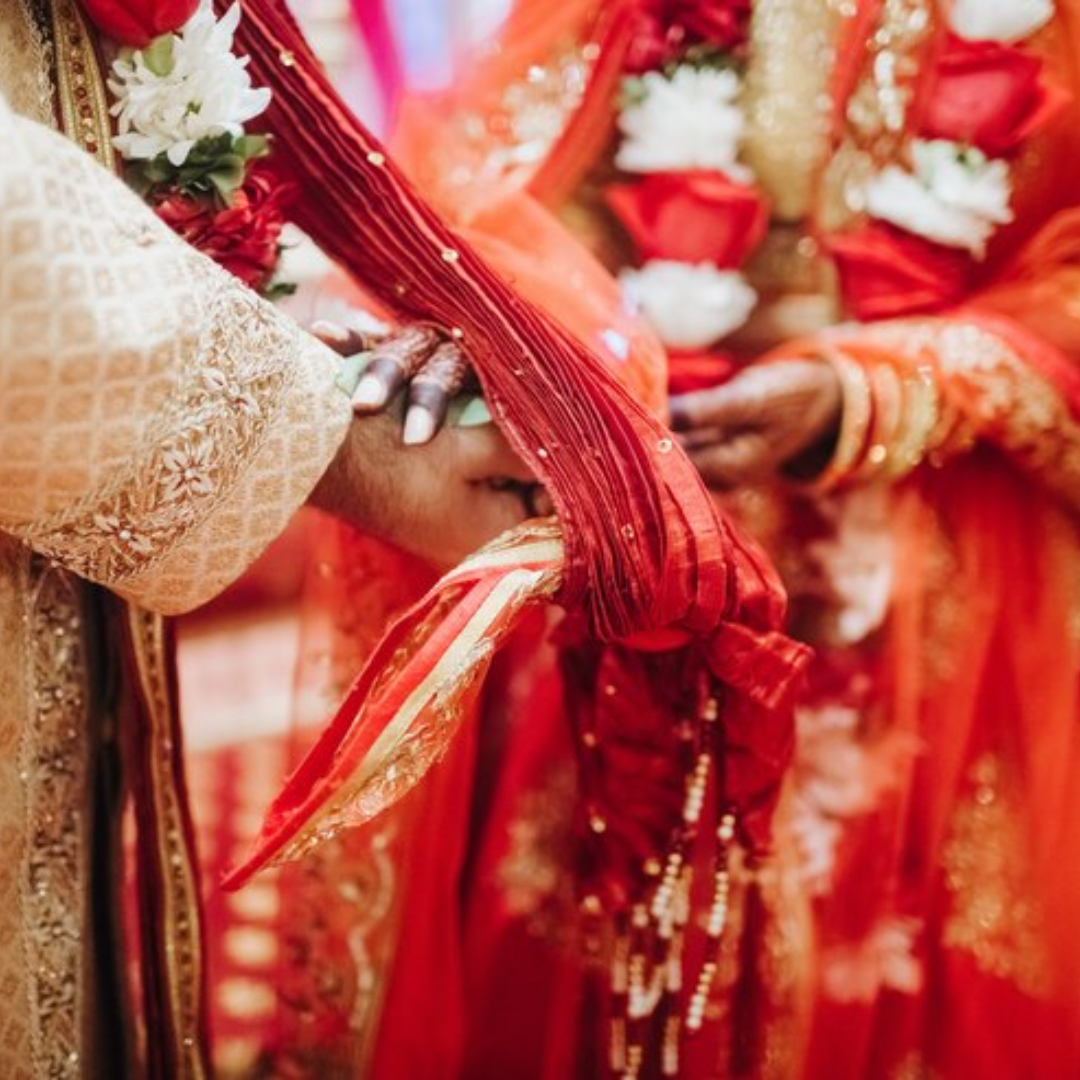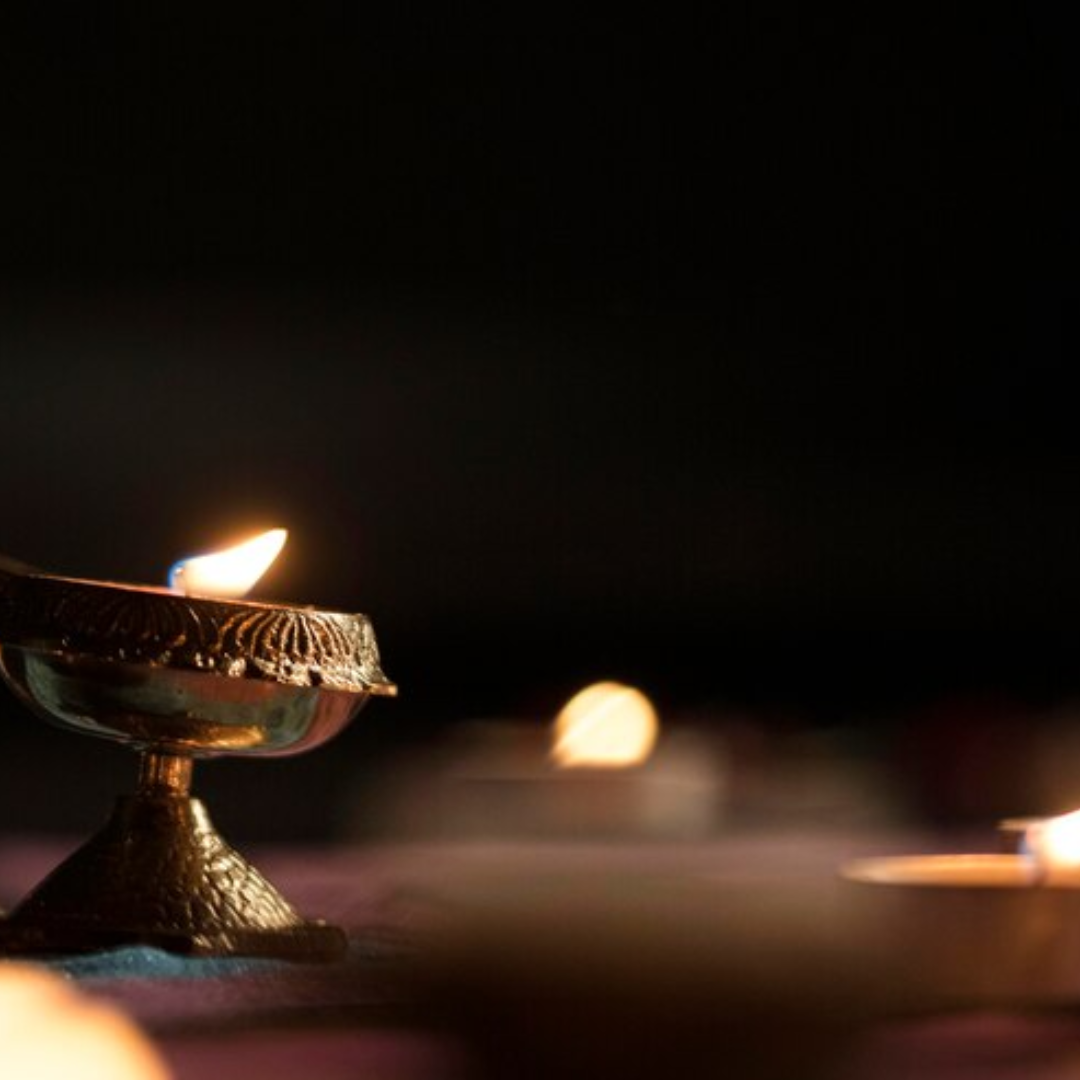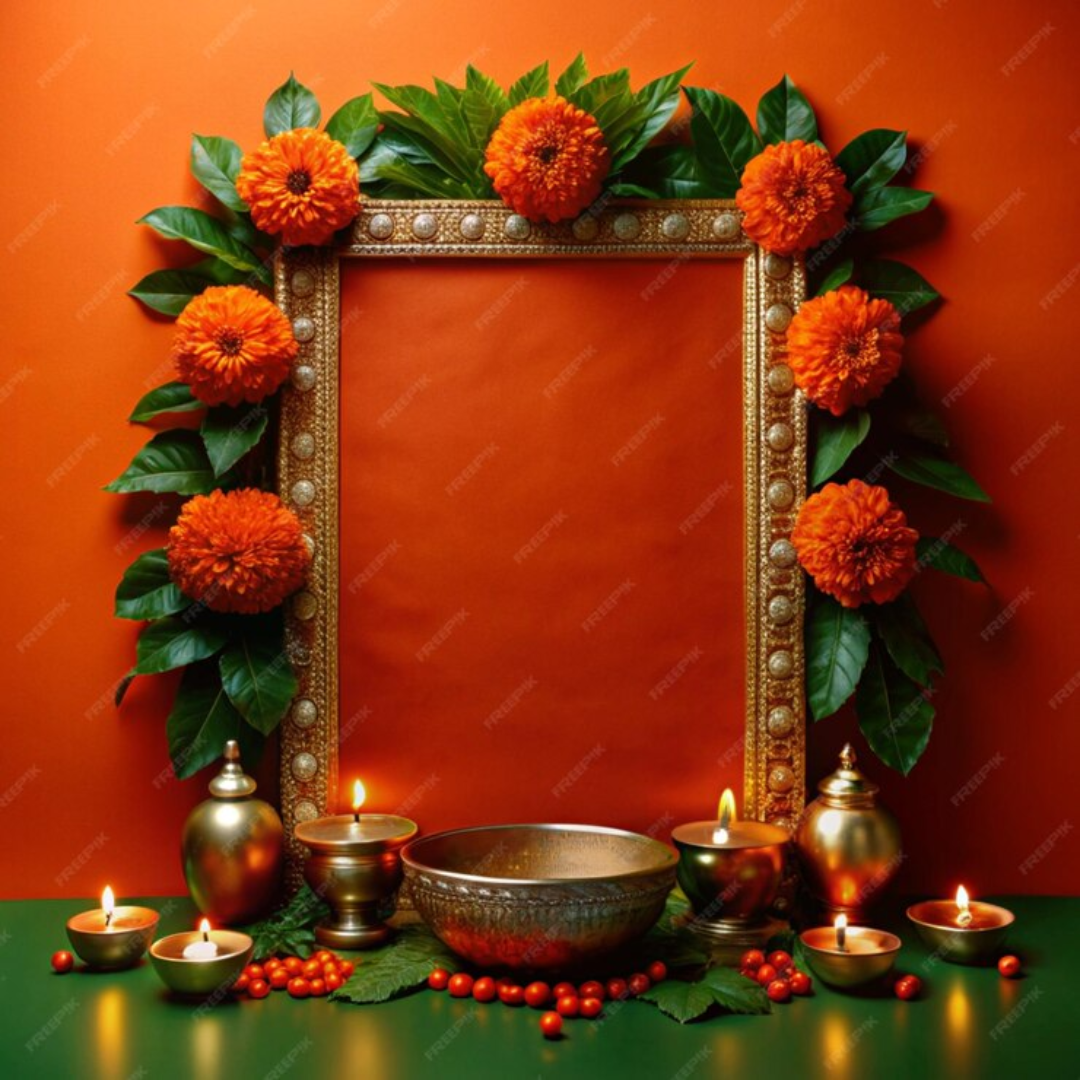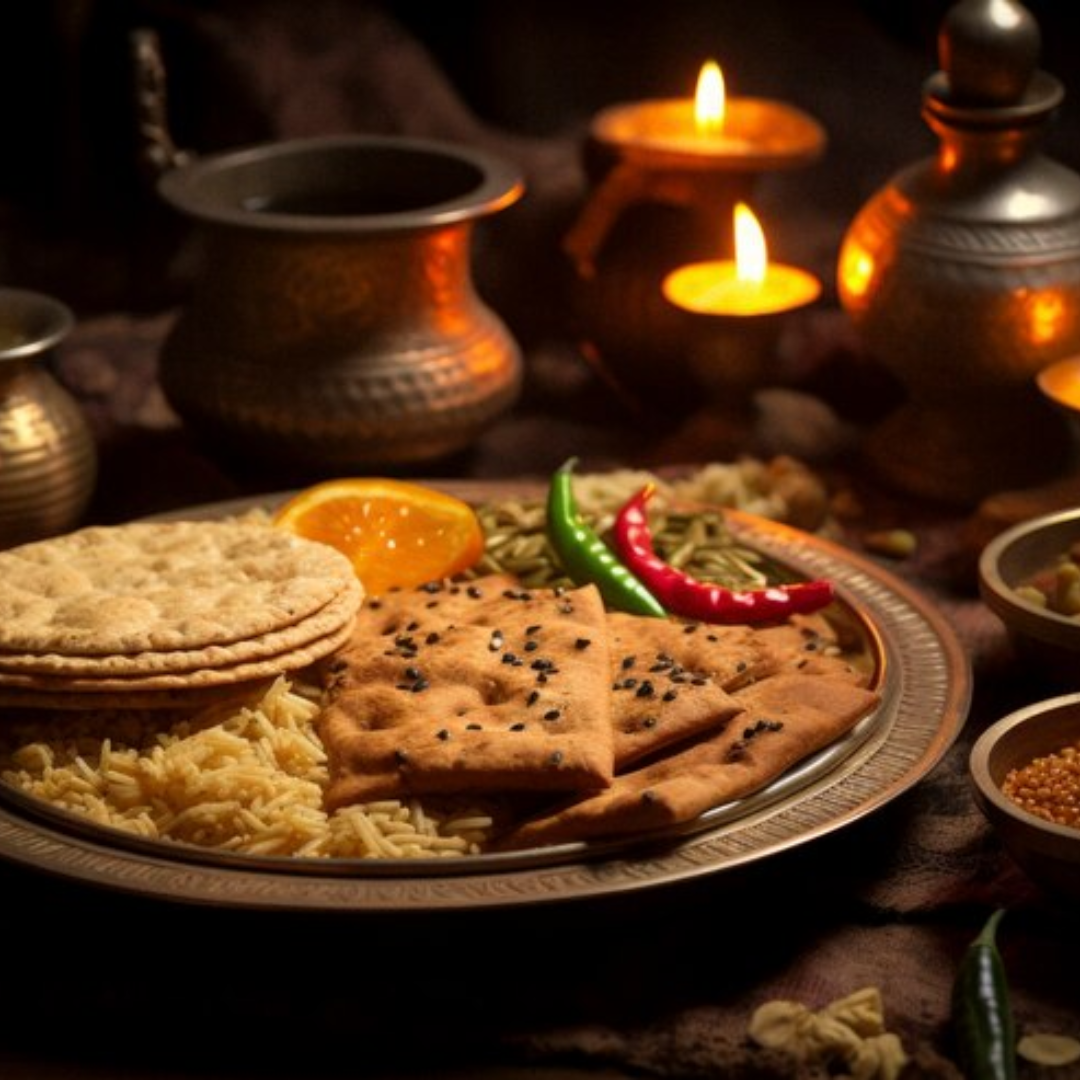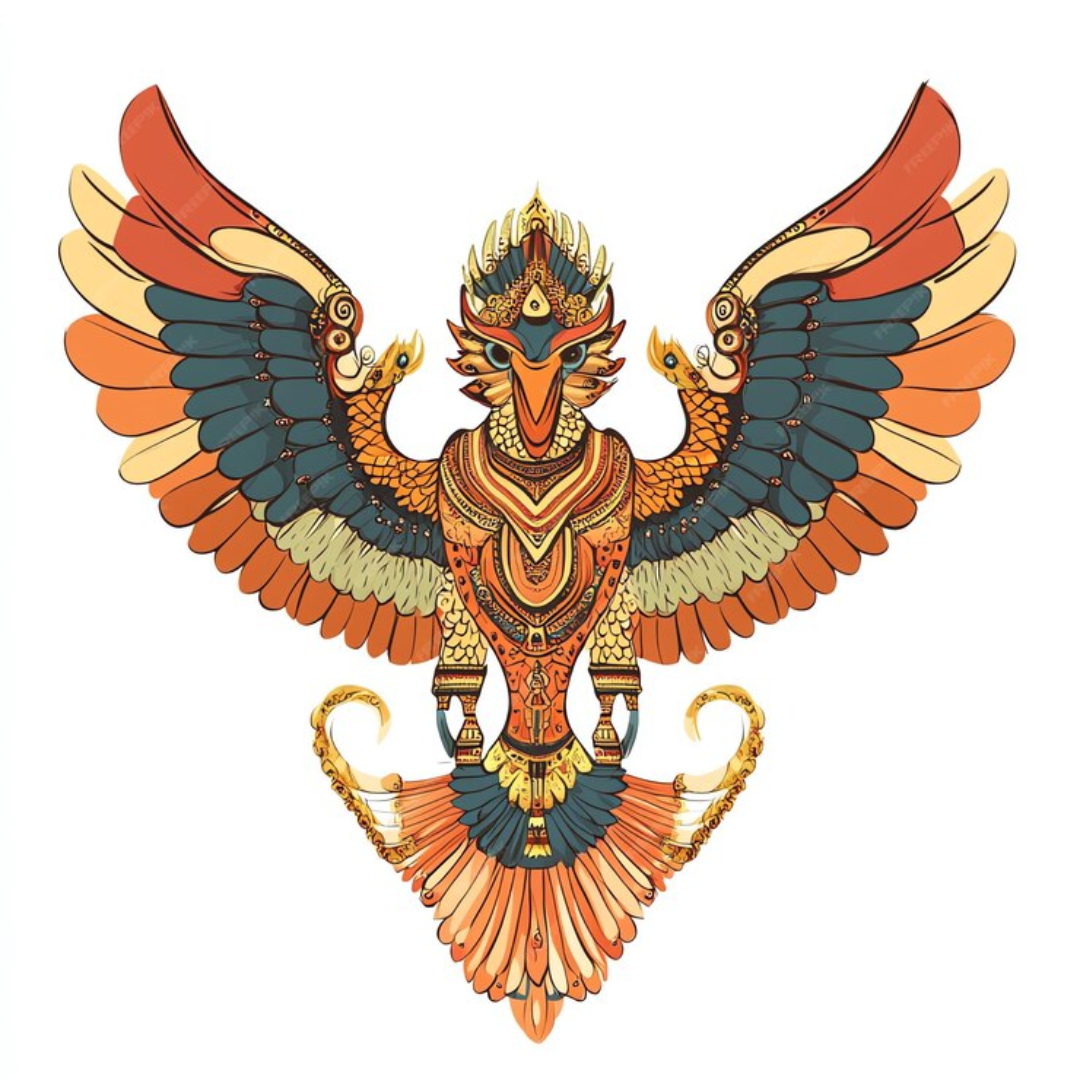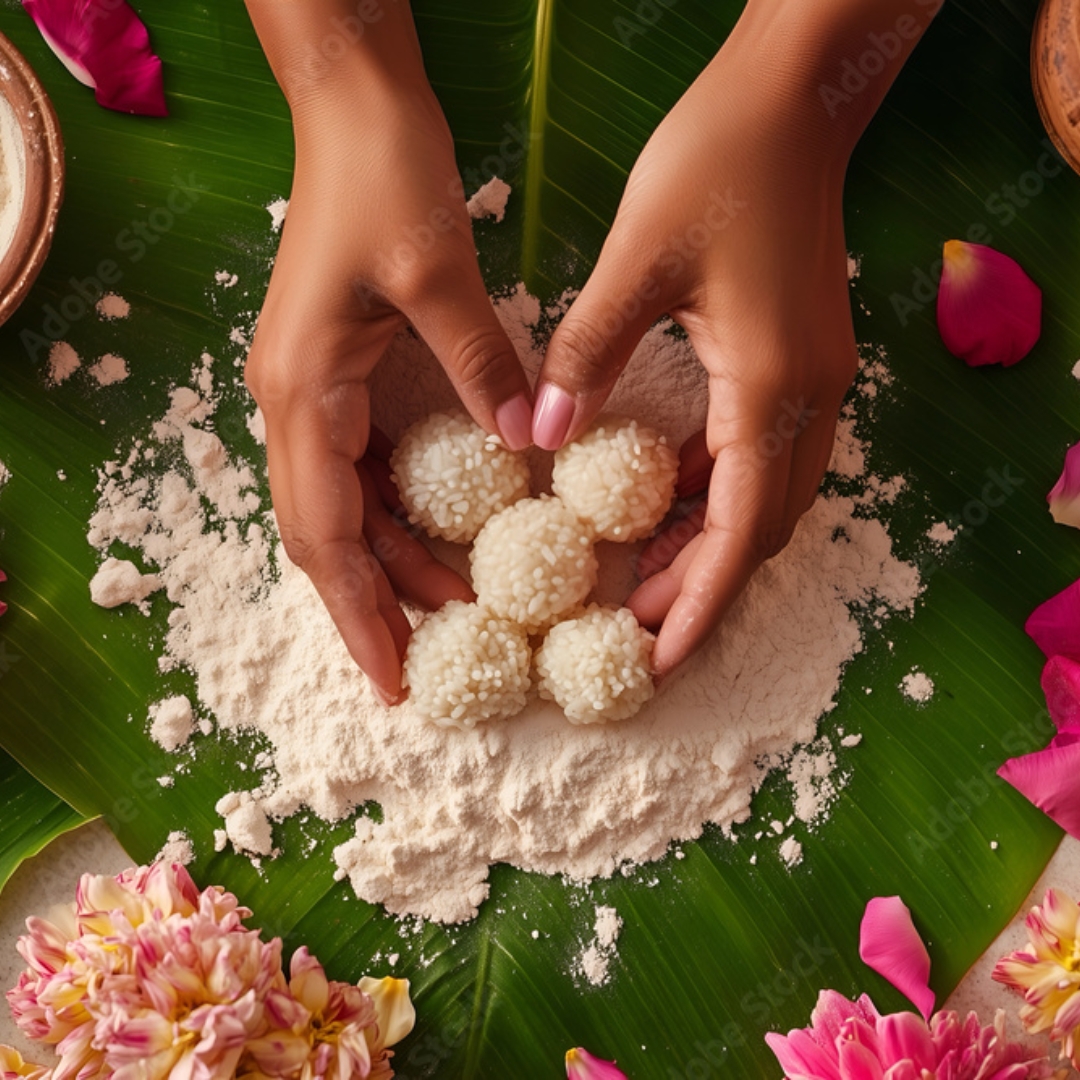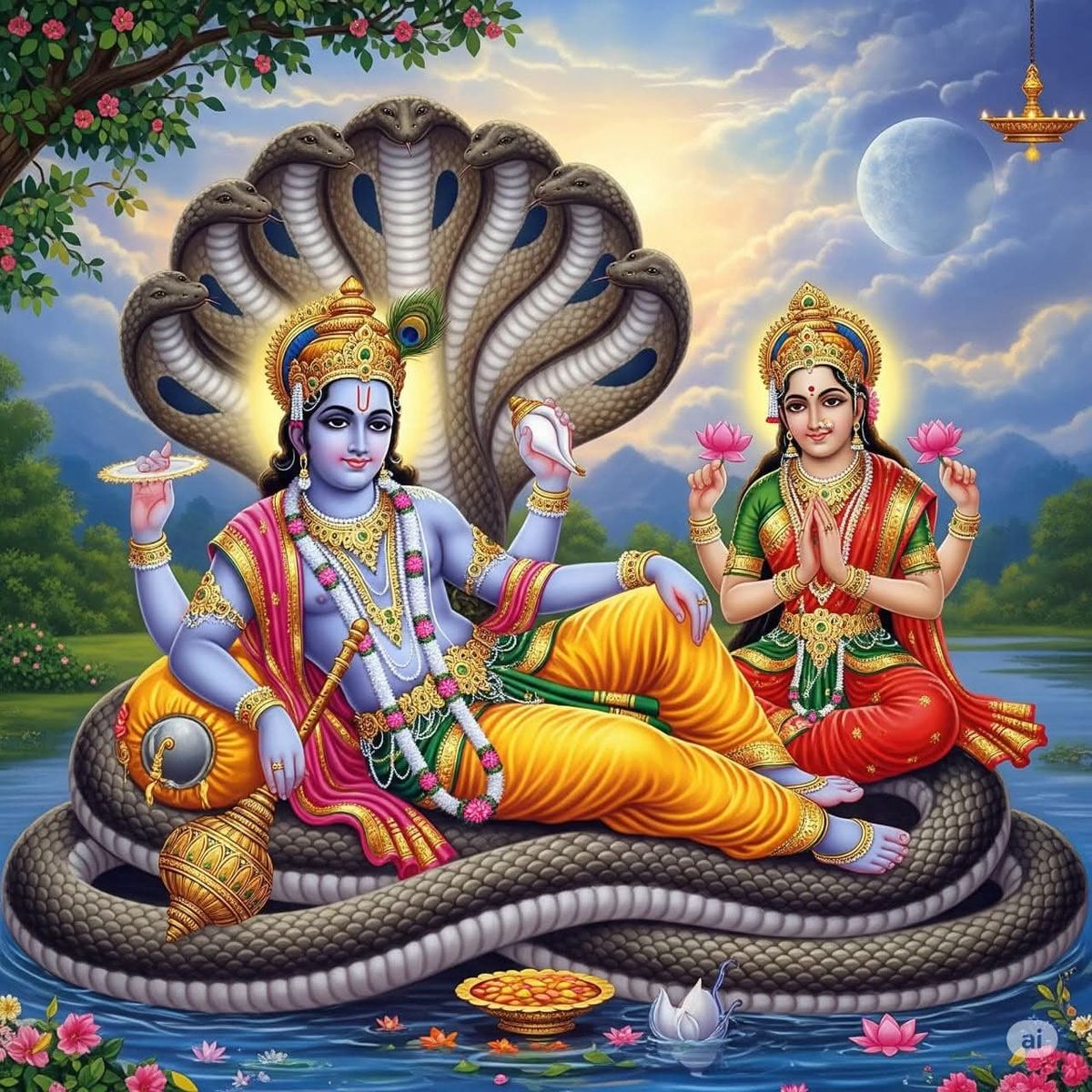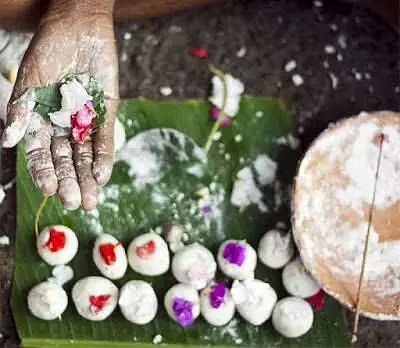Services Details

Last Rites
Price Range : Rs 13501 to Rs 31501
The Last Rites are considered vital to liberating the soul (moksha) and preventing it from lingering in the earthly realm. Following the cremation, there is a mourning period during which Shraddha rituals are performed. Family members offer food to Brahmins and conduct prayers to ensure the soul’s peace and eventual release from the cycle of rebirth. These rituals reflect the deep spiritual and cultural significance of honoring the departed in Hindu tradition.
- The Last Rites (Antim Sanskar) ensure a soul's peaceful journey to the afterlife.
- Cremation symbolizes the soul's release from the physical body for its next life.
- Eldest sons traditionally light the pyre, guiding the deceased on their final journey.
- Ash immersion in a sacred river symbolizes returning the soul to the cosmic life cycle.
Key Insights :
- Professional Guidance & Support.
- All rituals follow Vedic Standards and Procedures
Our Promise :
Pooja will be performed in: Bangalore
Location: Bangalore
The Last Rites, also known as Antim Sanskar, are the final sacred rituals performed for a deceased individual in Hinduism. These rites are carried out with deep respect and devotion to ensure the peaceful journey of the soul towards its next life. The ceremony typically involves cremation, where the body is placed on a funeral pyre and set ablaze, symbolizing the release of the soul from the physical body. Vedic mantras are chanted by a priest to guide the soul towards salvation, and offerings such as ghee, grains, and flowers are made into the fire. The eldest son or a close male family member traditionally lights the pyre. After the cremation, the ashes are collected and immersed in a sacred river, like the Ganges, symbolizing the soul's return to the cosmic cycle of life and death. The Last Rites are essential for ensuring that the soul is liberated (moksha) and does not linger in the earthly realm. The ceremony is followed by a mourning period and Shraddha rituals, where family members honor the deceased by offering food to Brahmins and performing prayers for the soul's peace.
Review
* * * Claim Free iPhone 16: https://avtoilm.uz/index.php?u5a7ki * * * hs=081361e607985f897013e49b825de593* ххх*
s4io3m
* * * <a href="https://avtoilm.uz/index.php?u5a7ki">Claim Free iPhone 16</a> * * * hs=081361e607985f897013e49b825de593* ххх*
s4io3m
* * * You have something waiting... open it: https://dorcenterprises.com/index.php?kwz7k0 * * * hs=081361e607985f897013e49b825de593* ххх*
kzzwp7
* * * <a href="https://dorcenterprises.com/index.php?kwz7k0">Bitcoin for free? Believe it</a> * * * hs=081361e607985f897013e49b825de593* ххх*
kzzwp7





